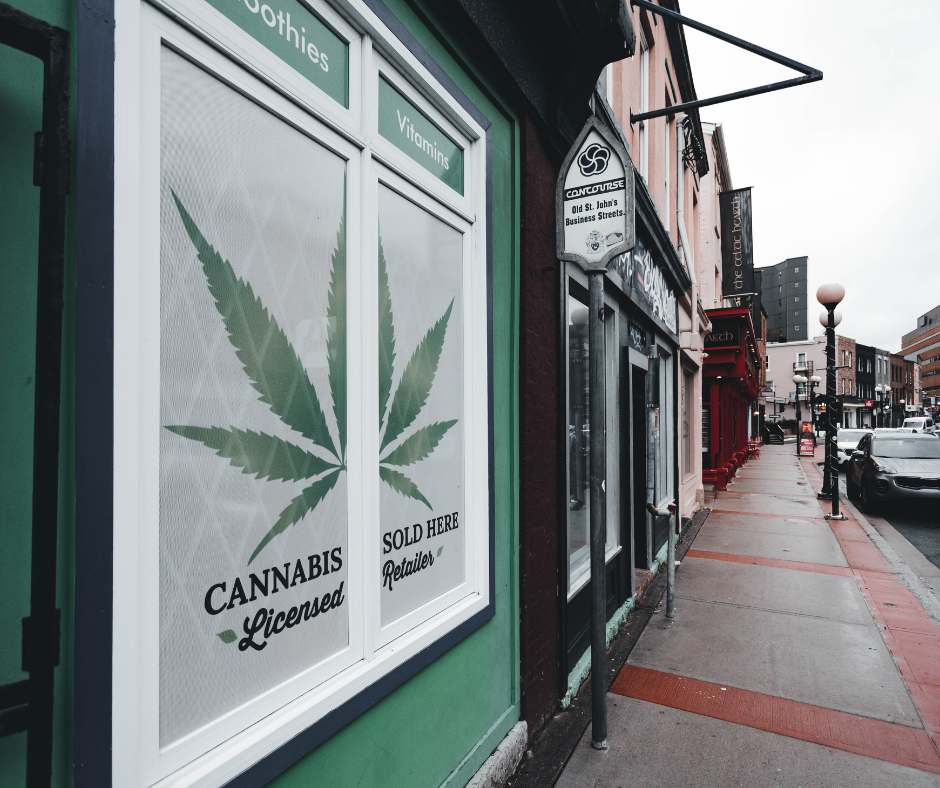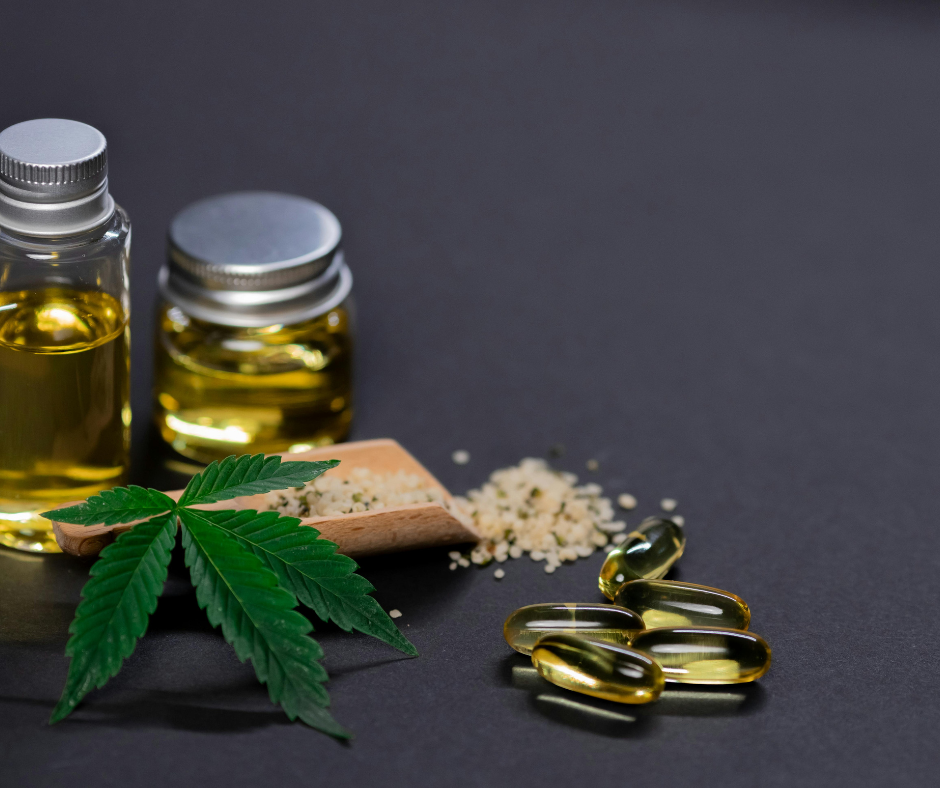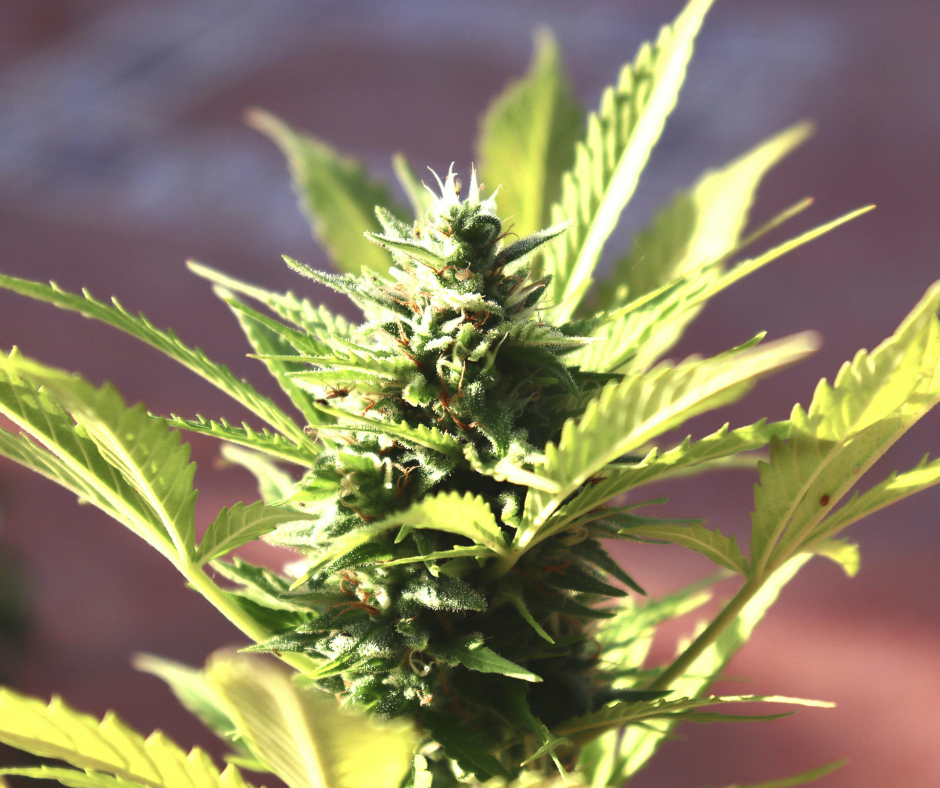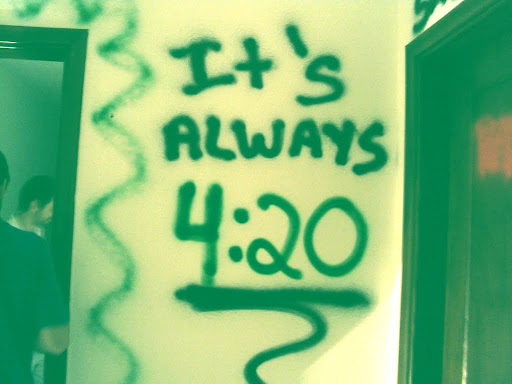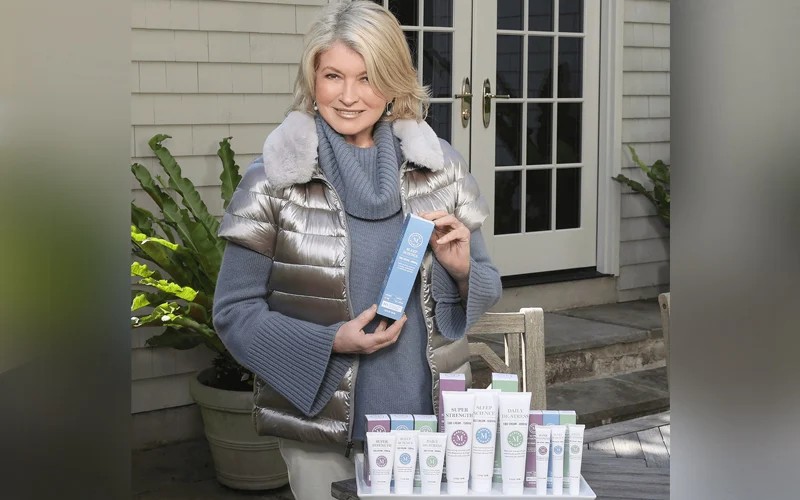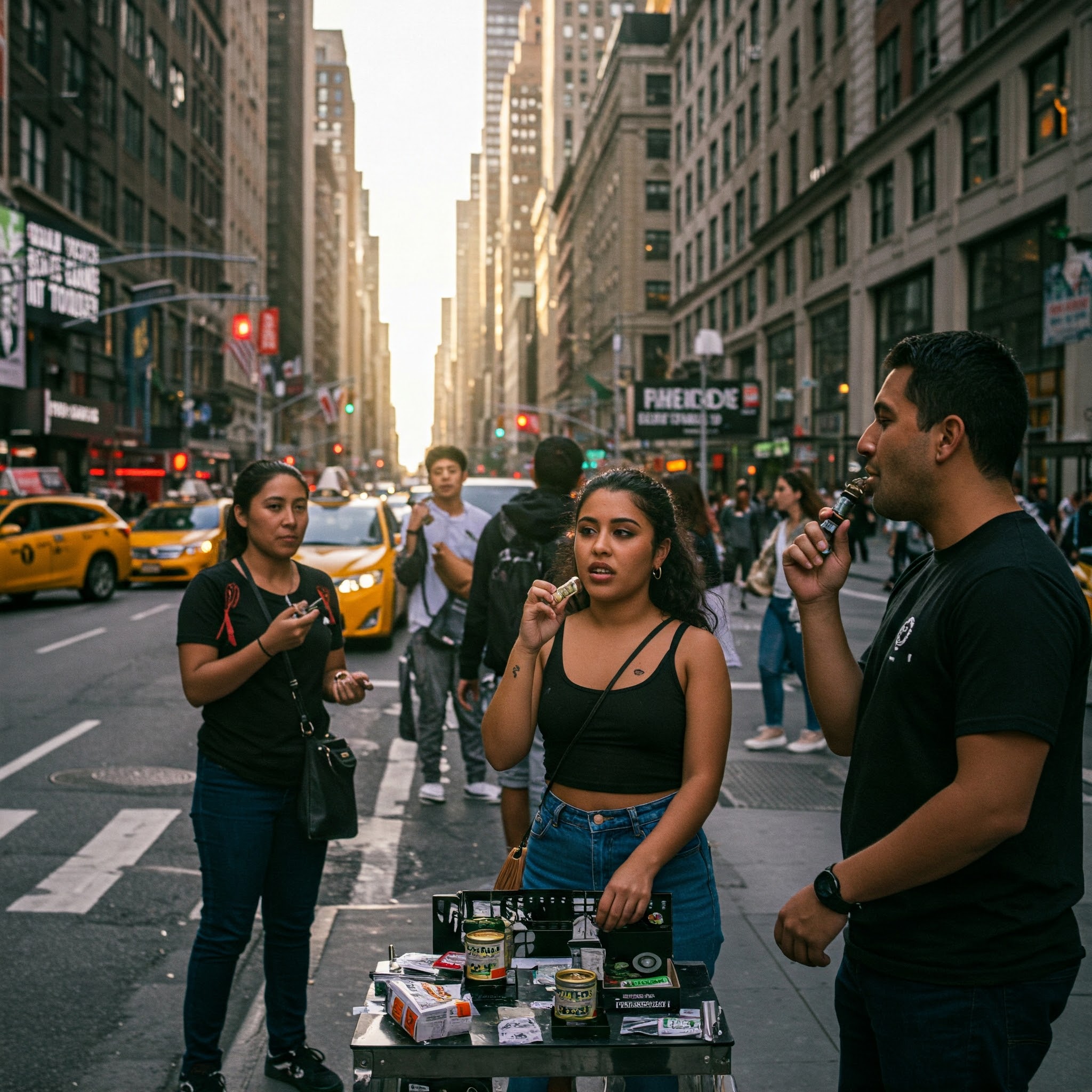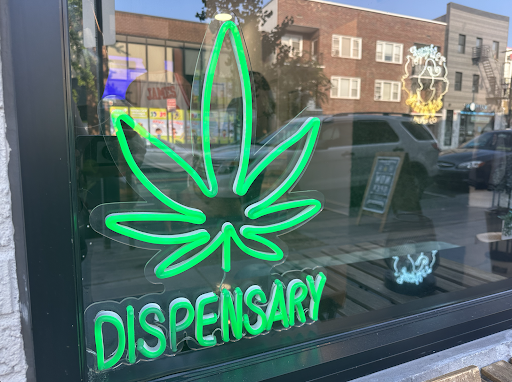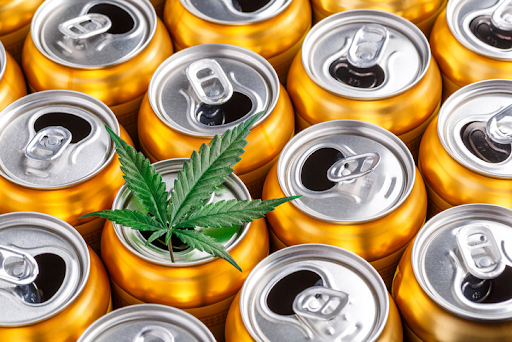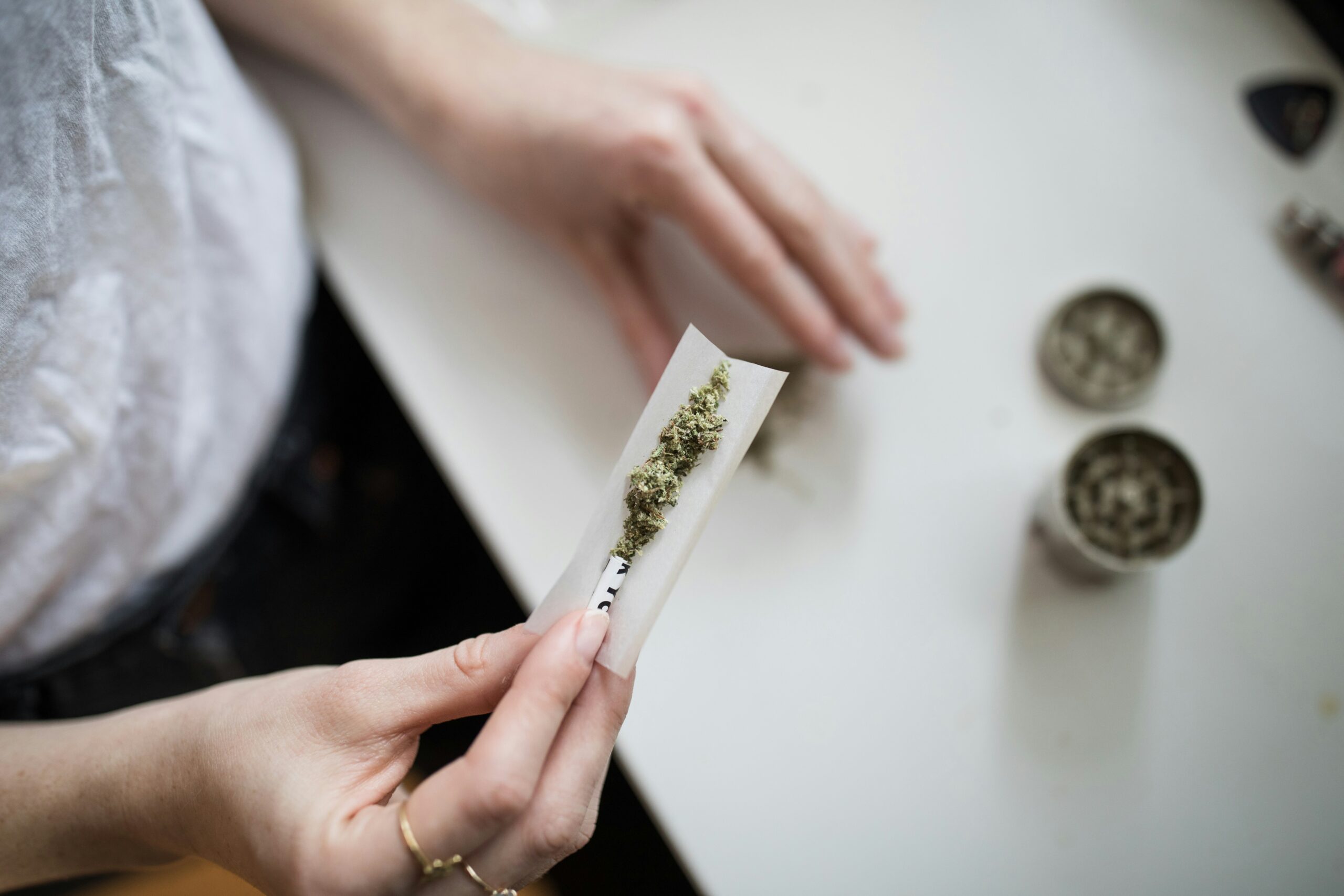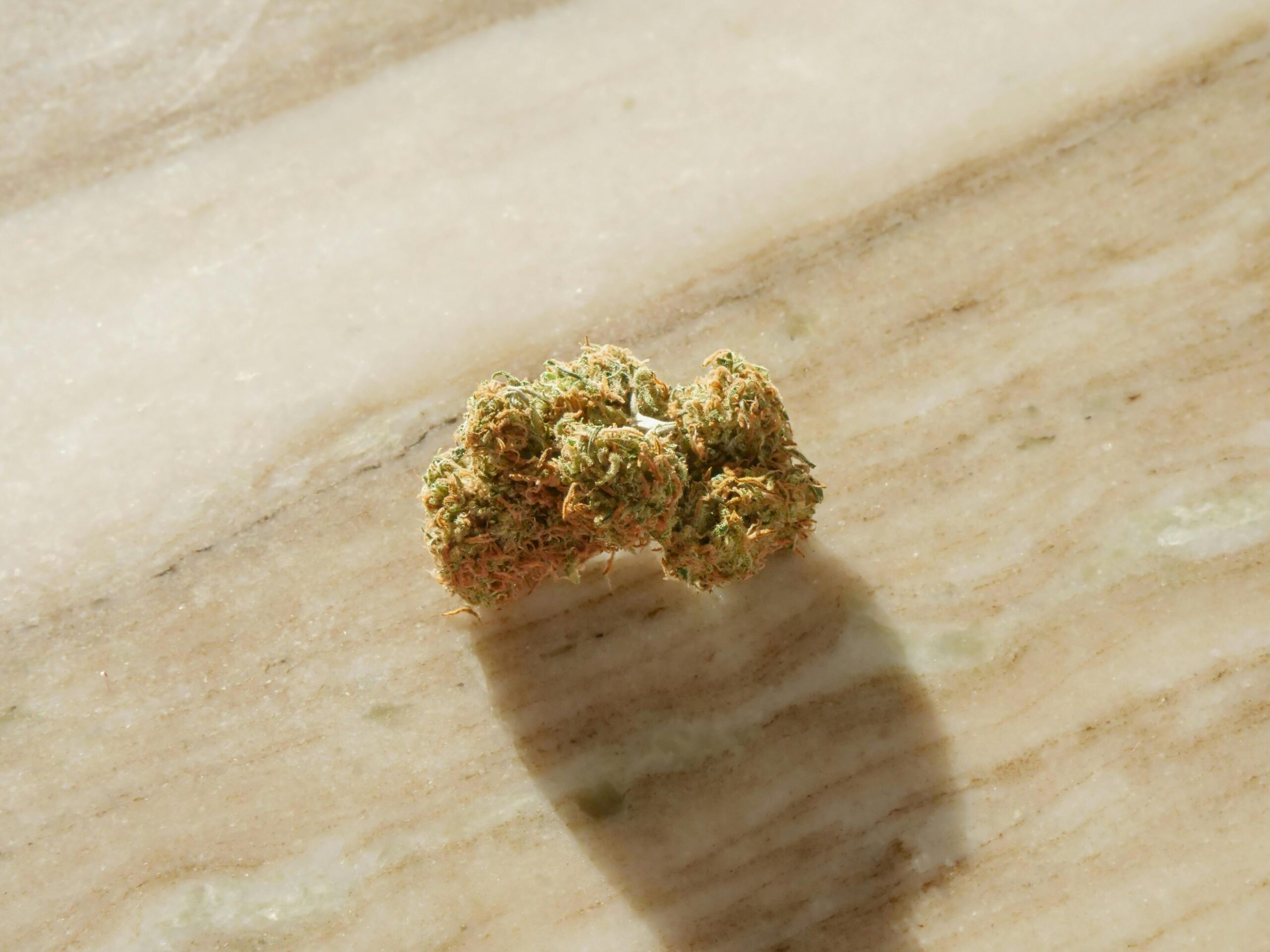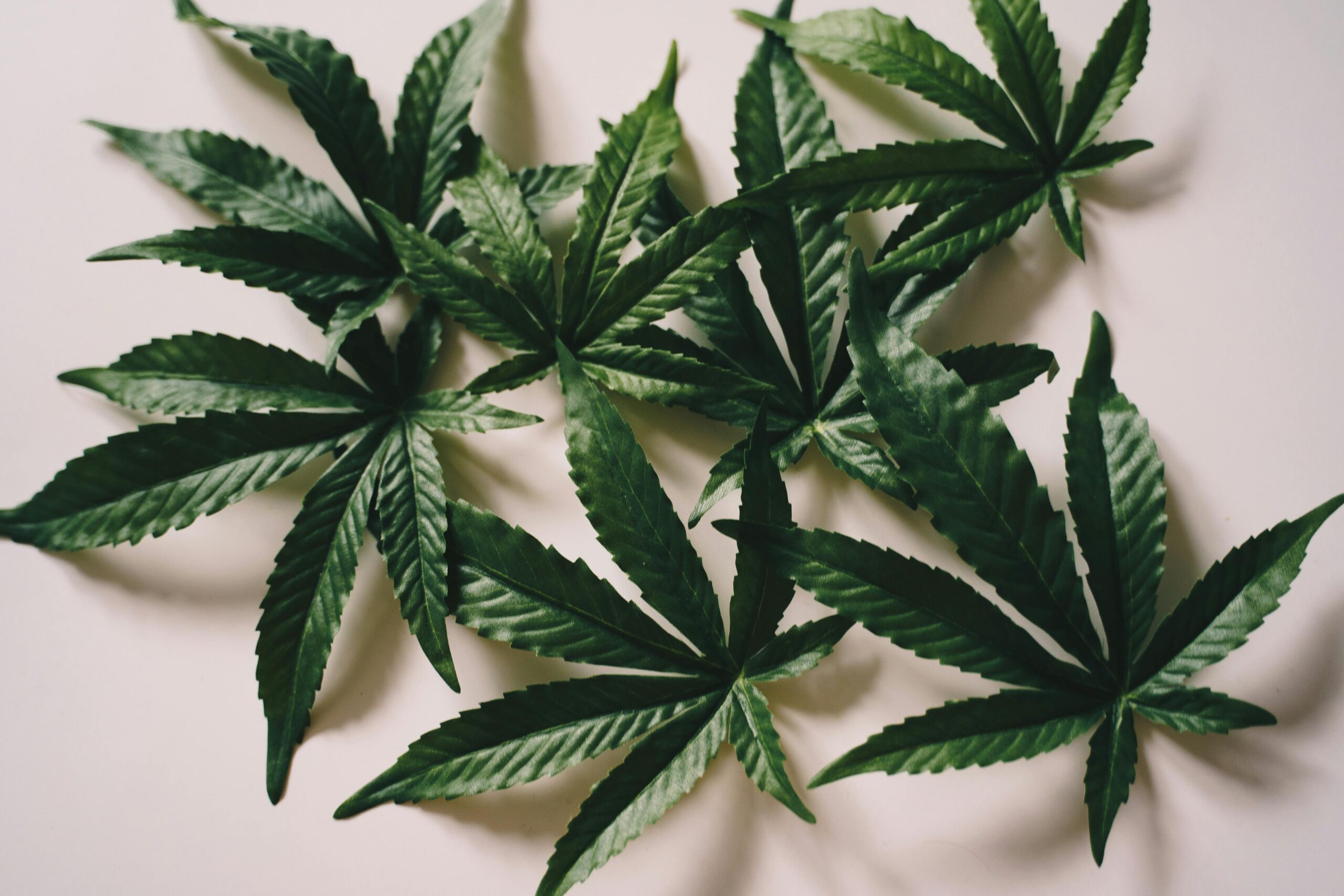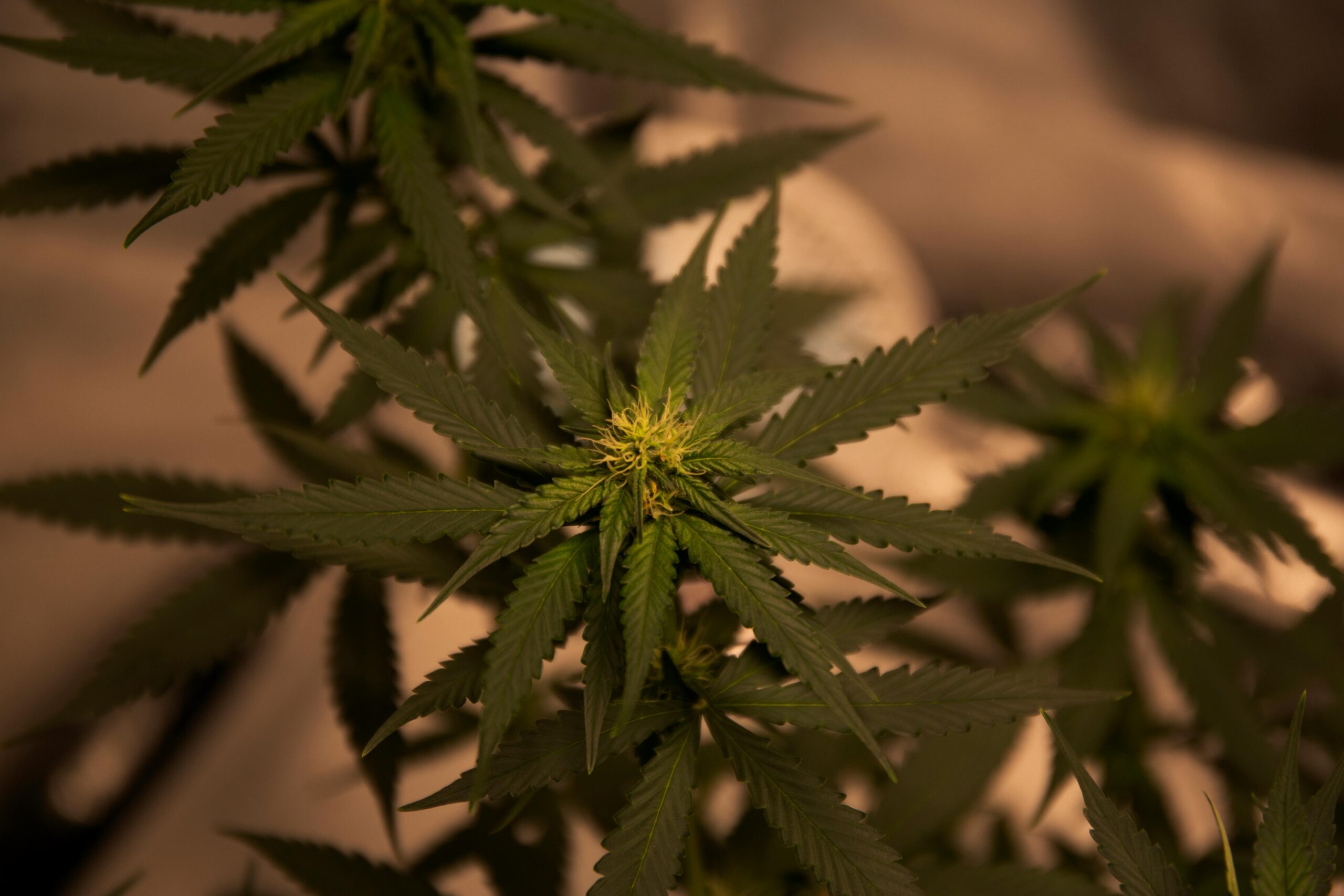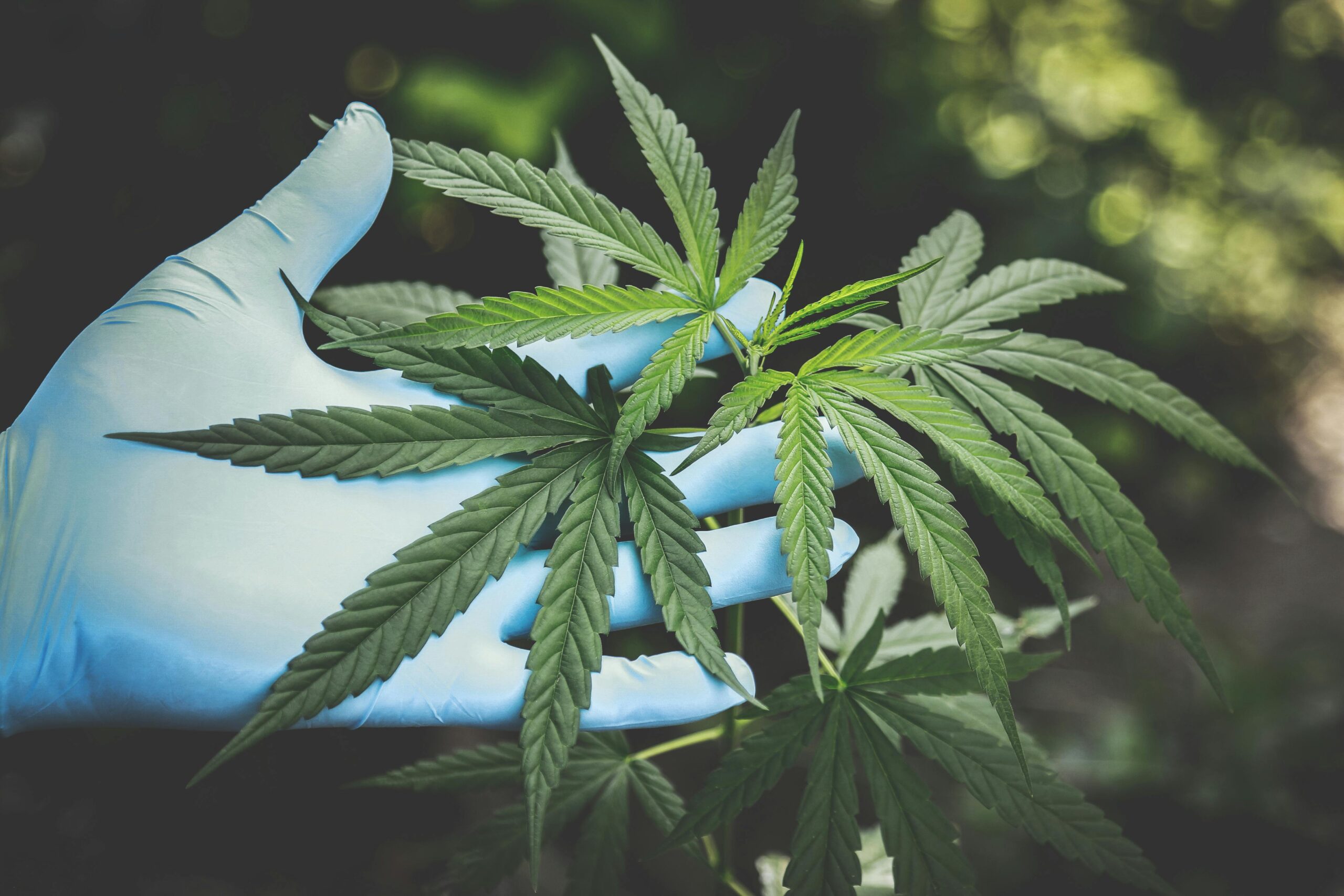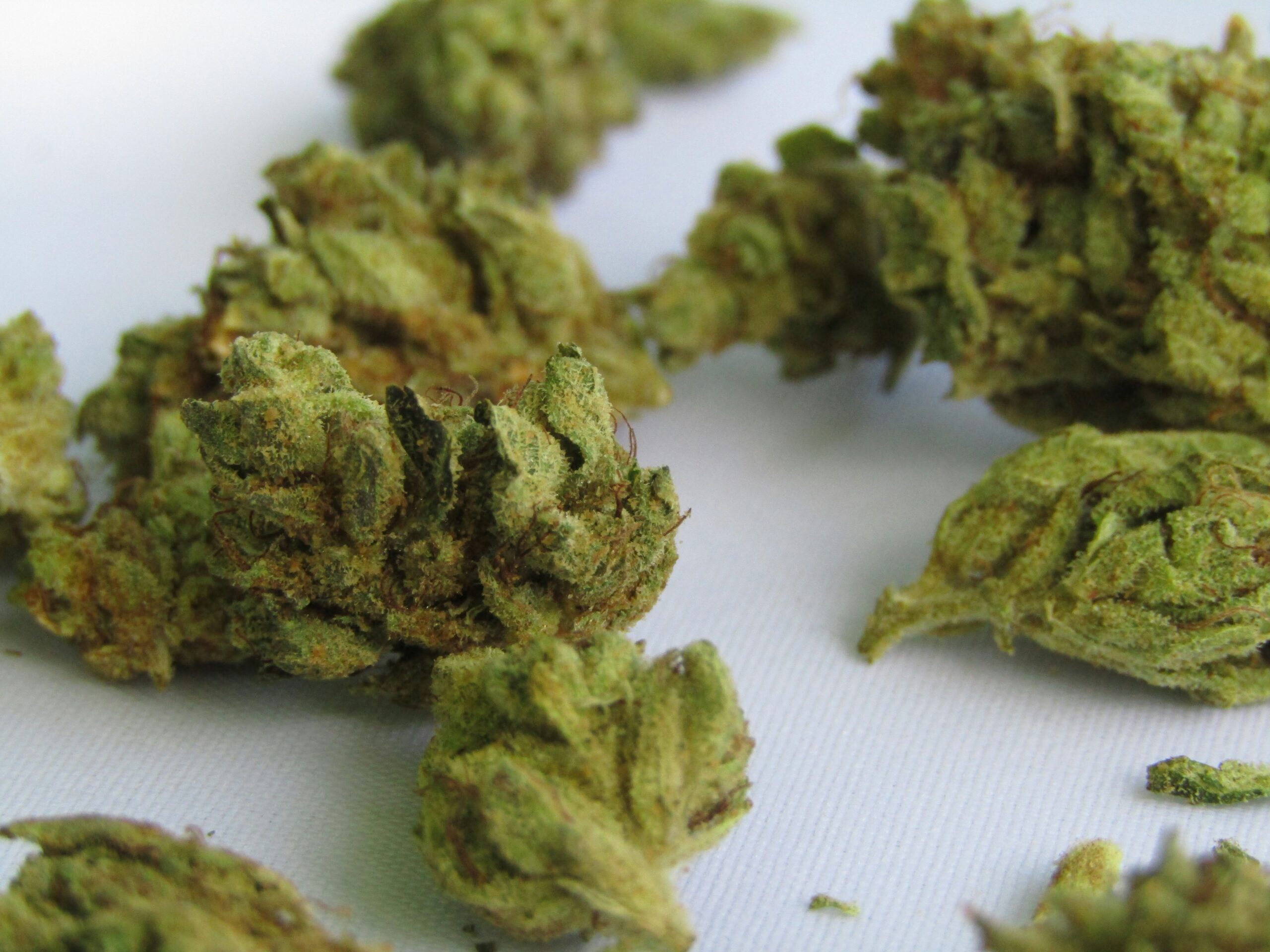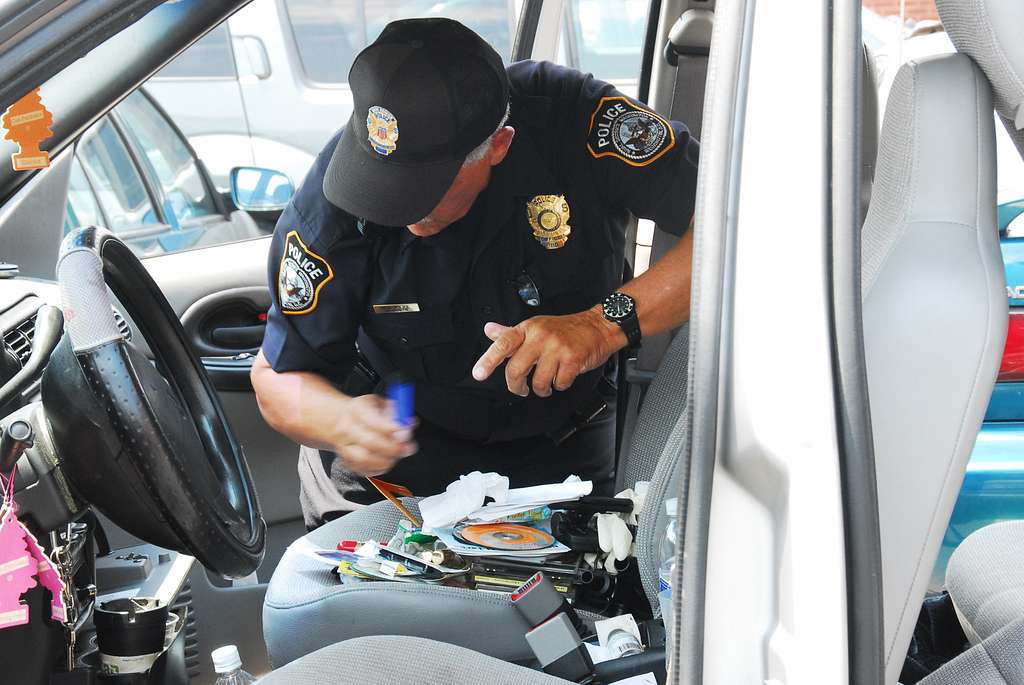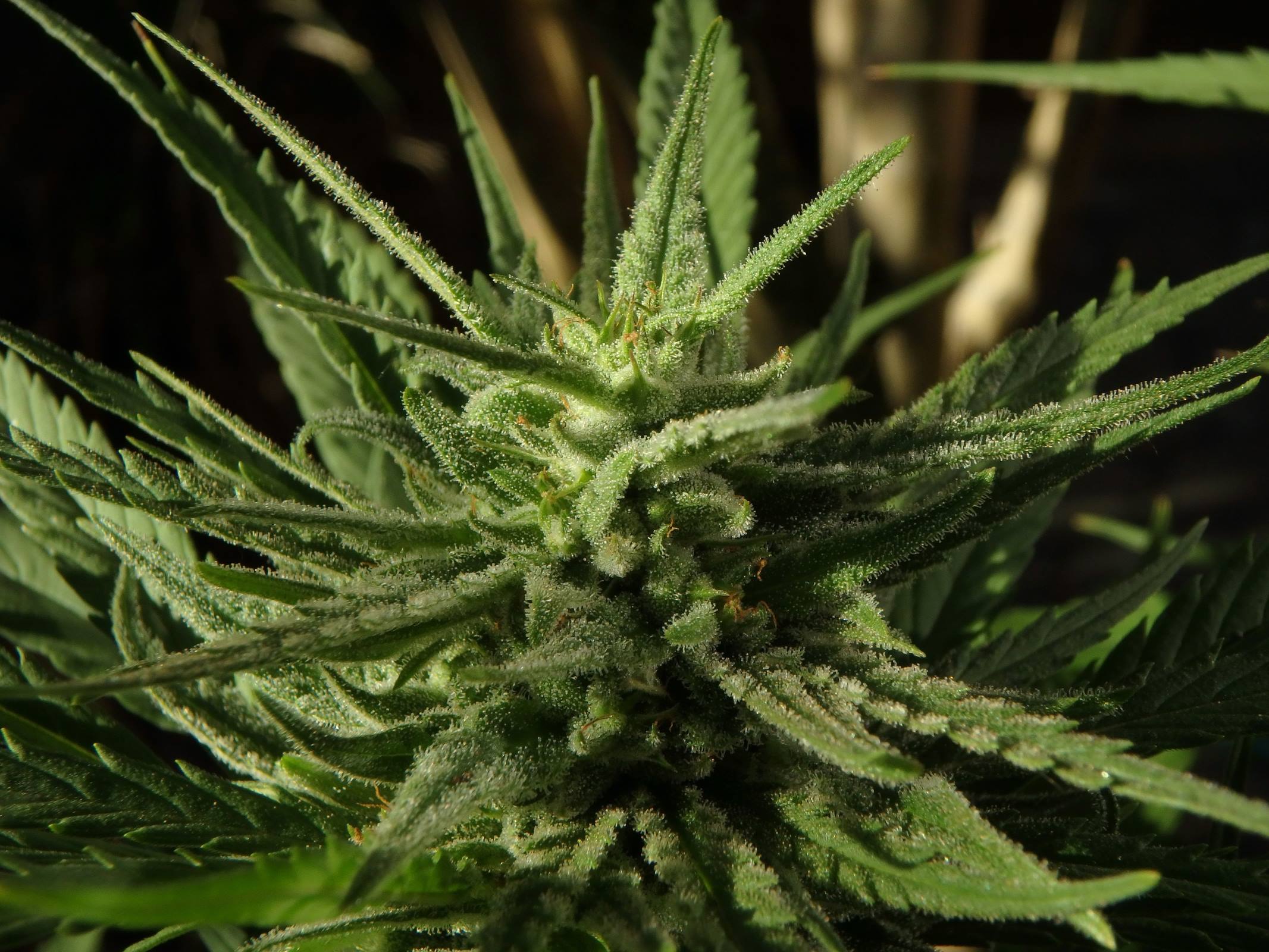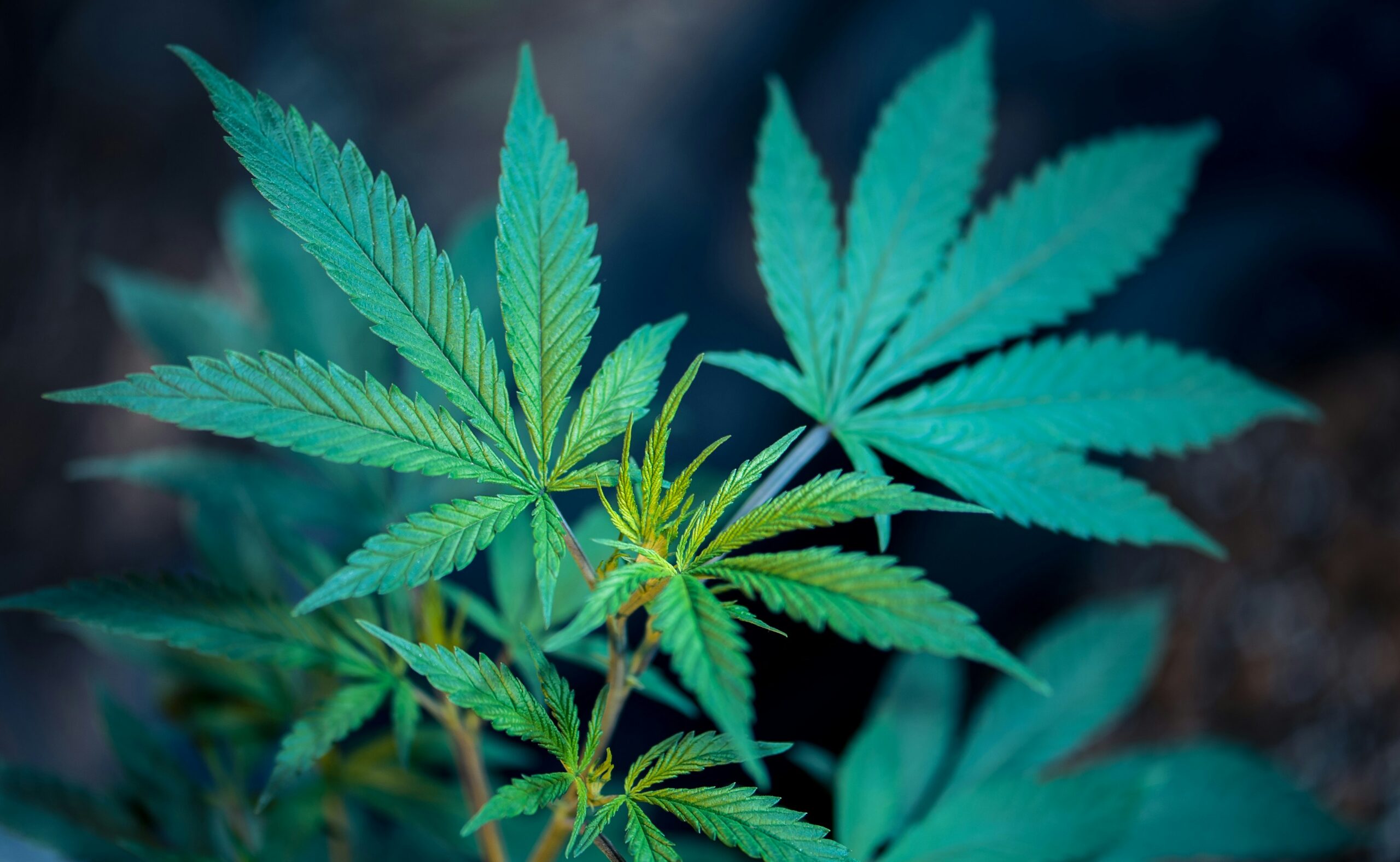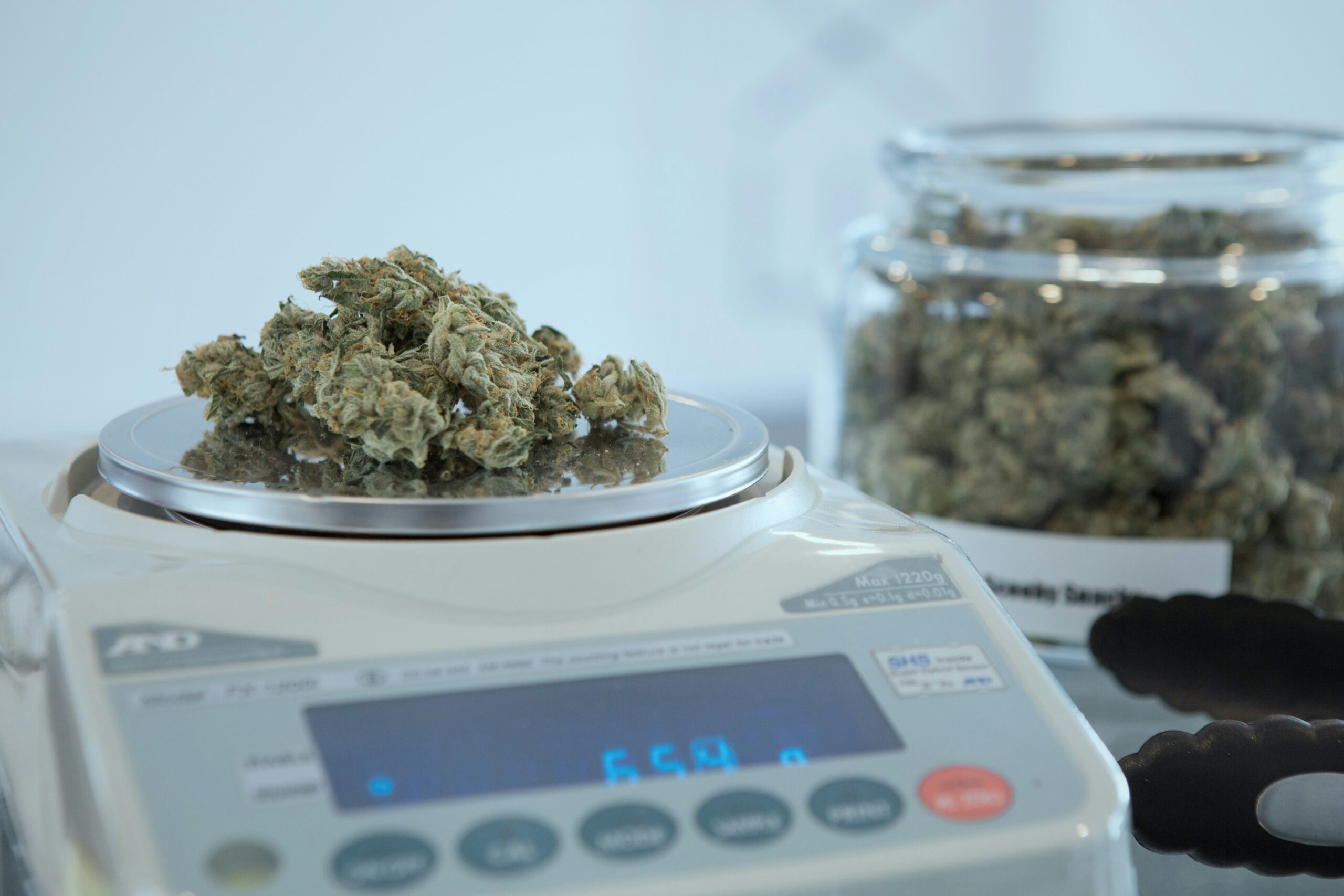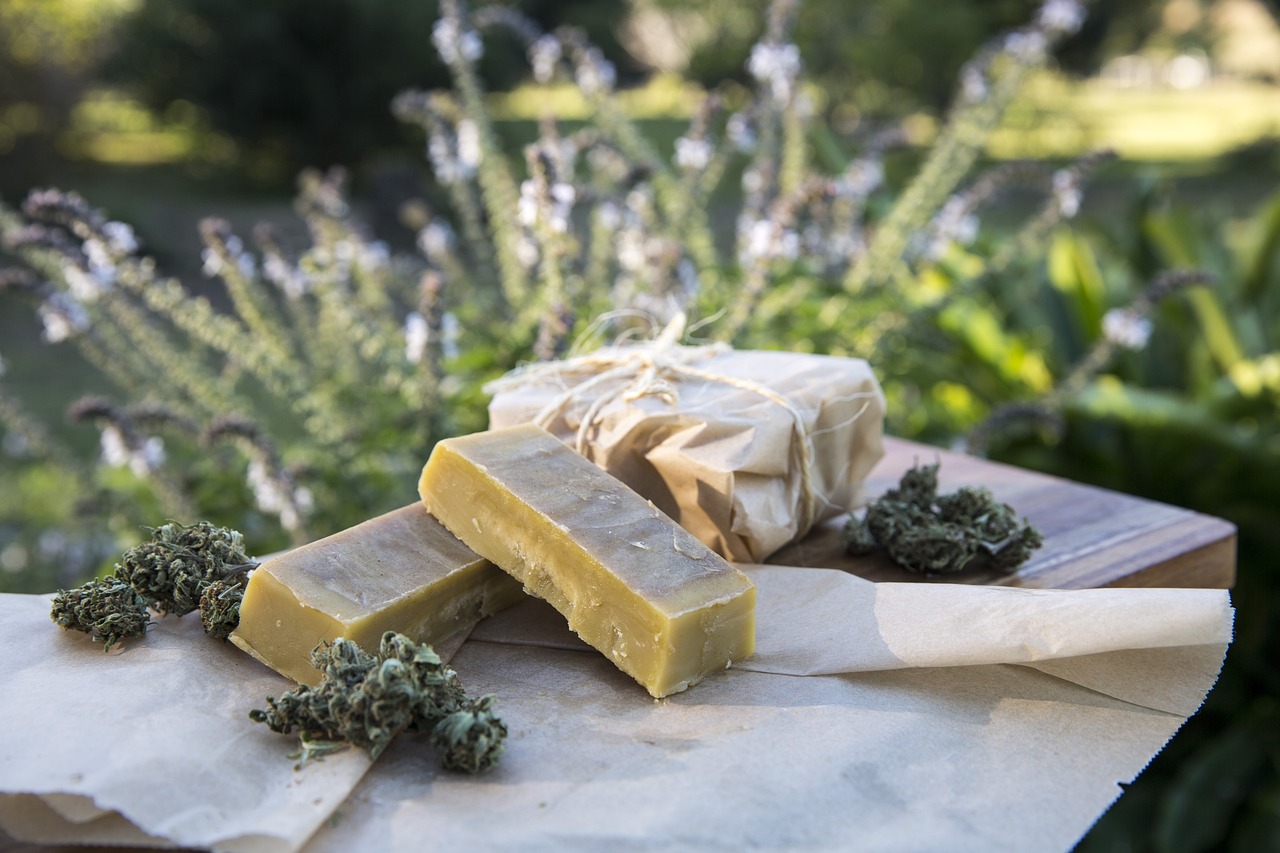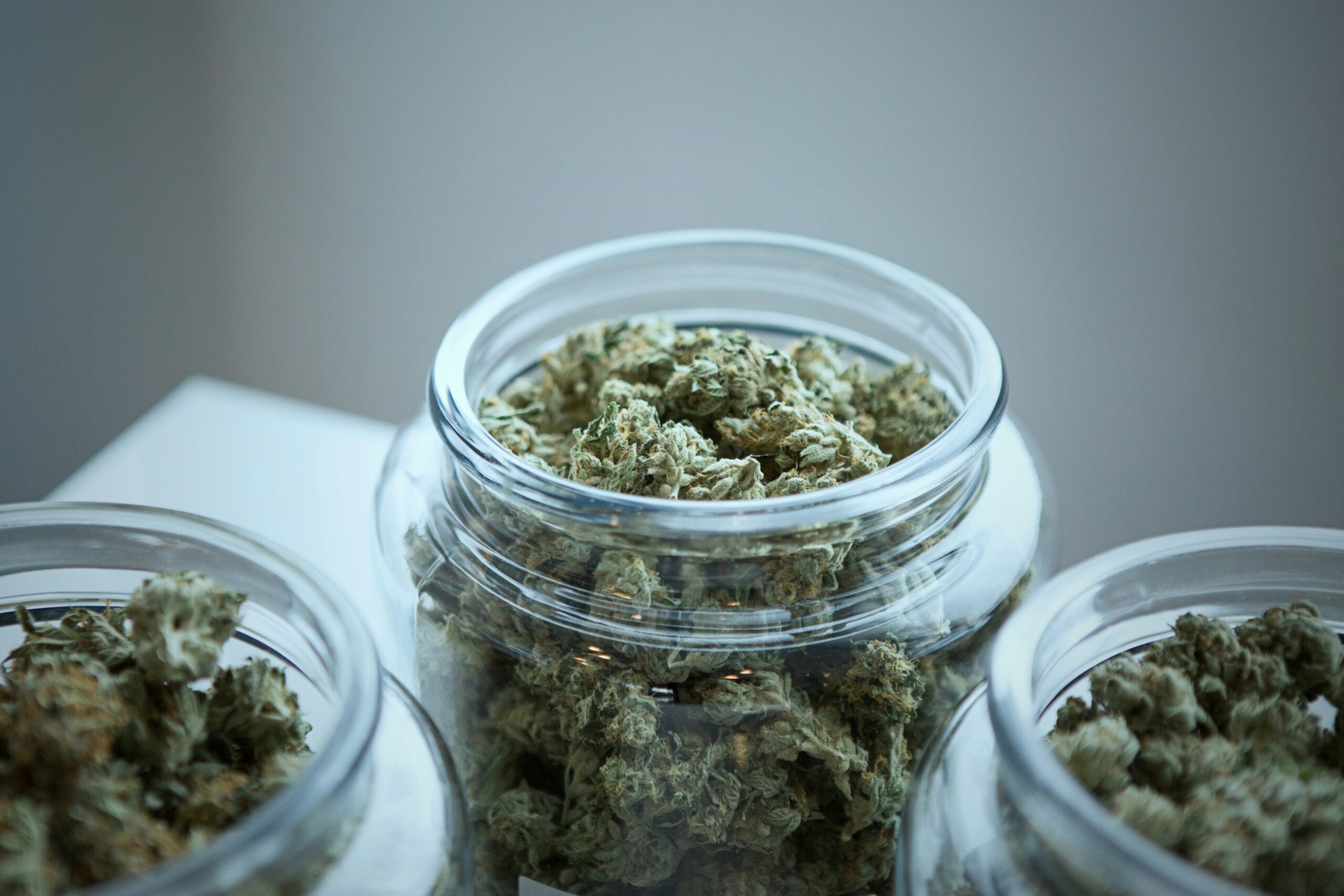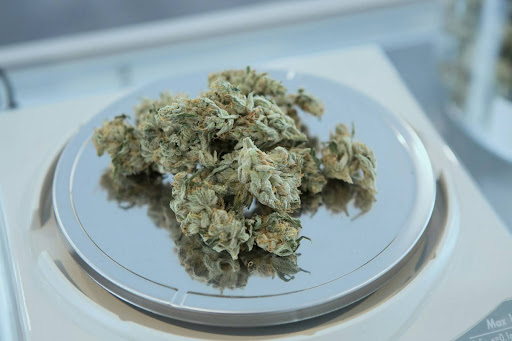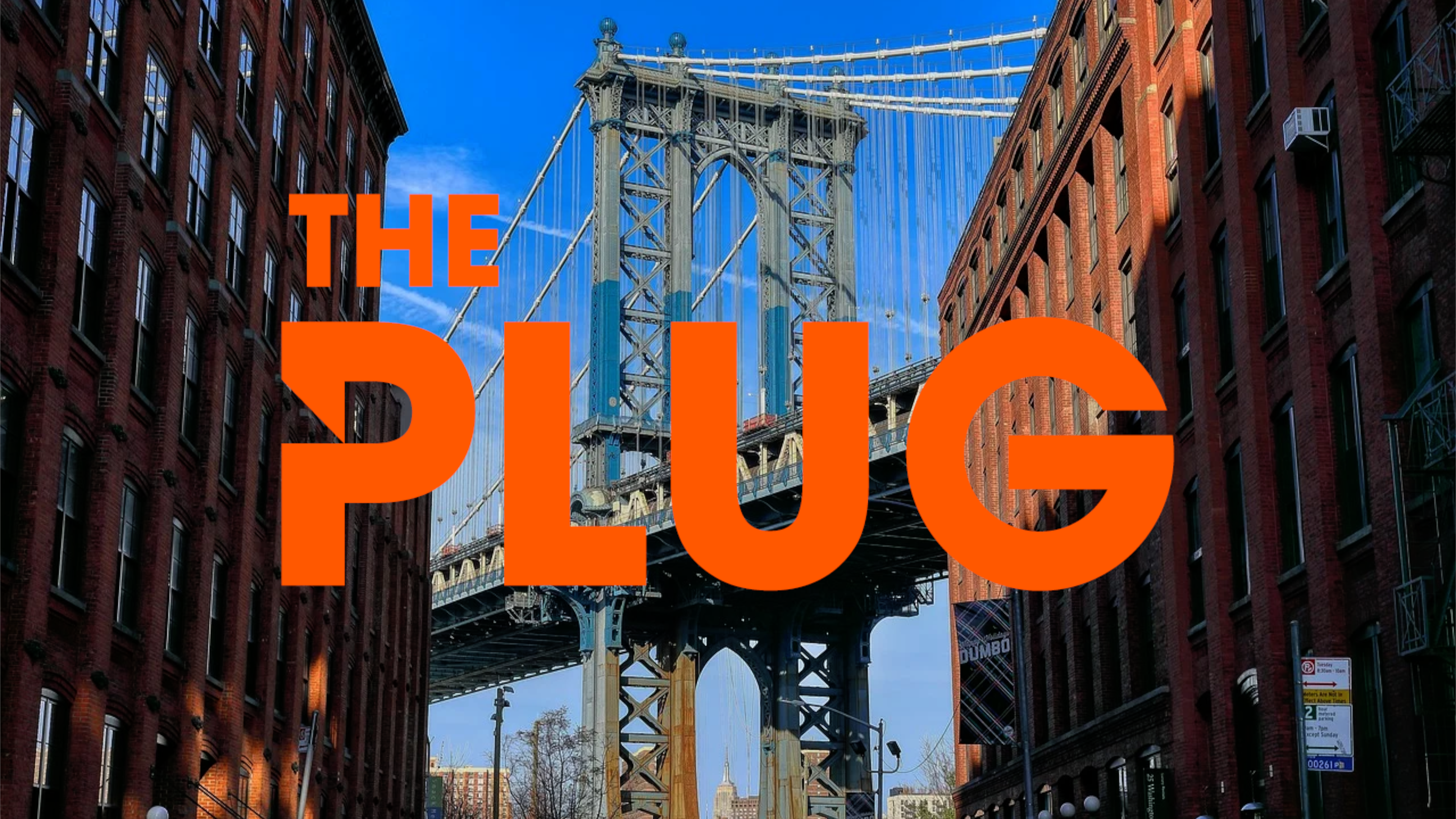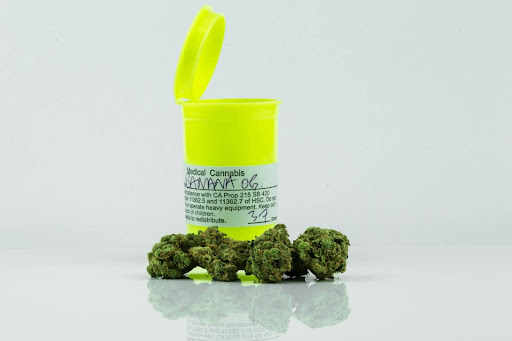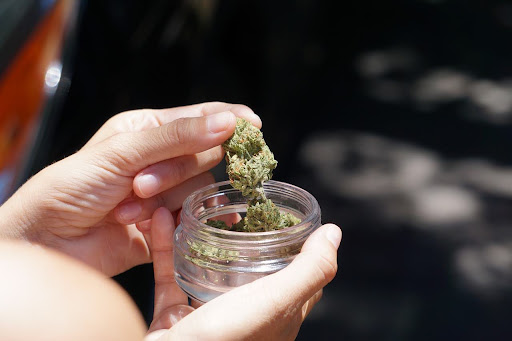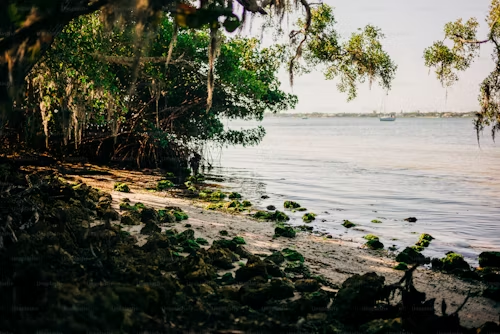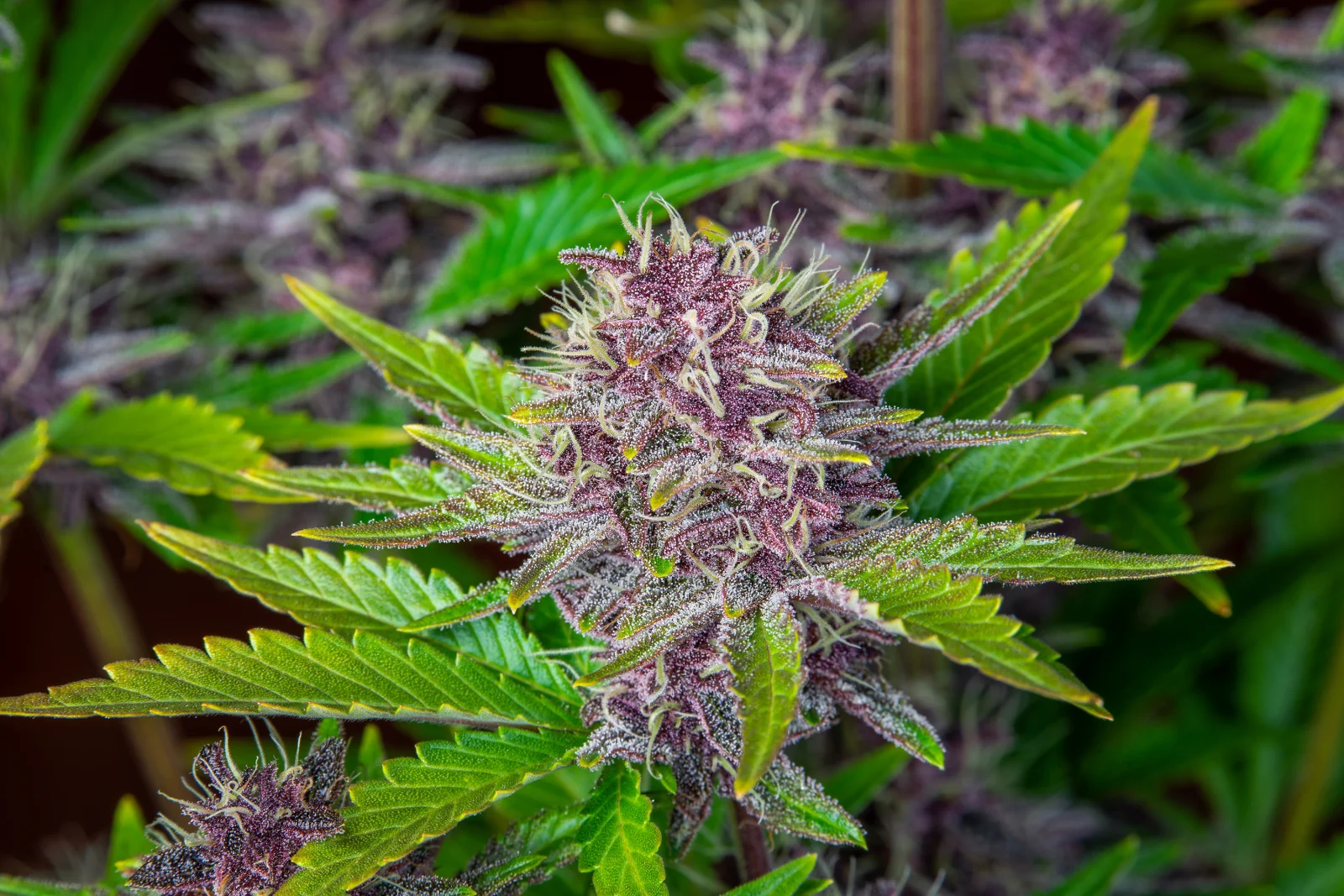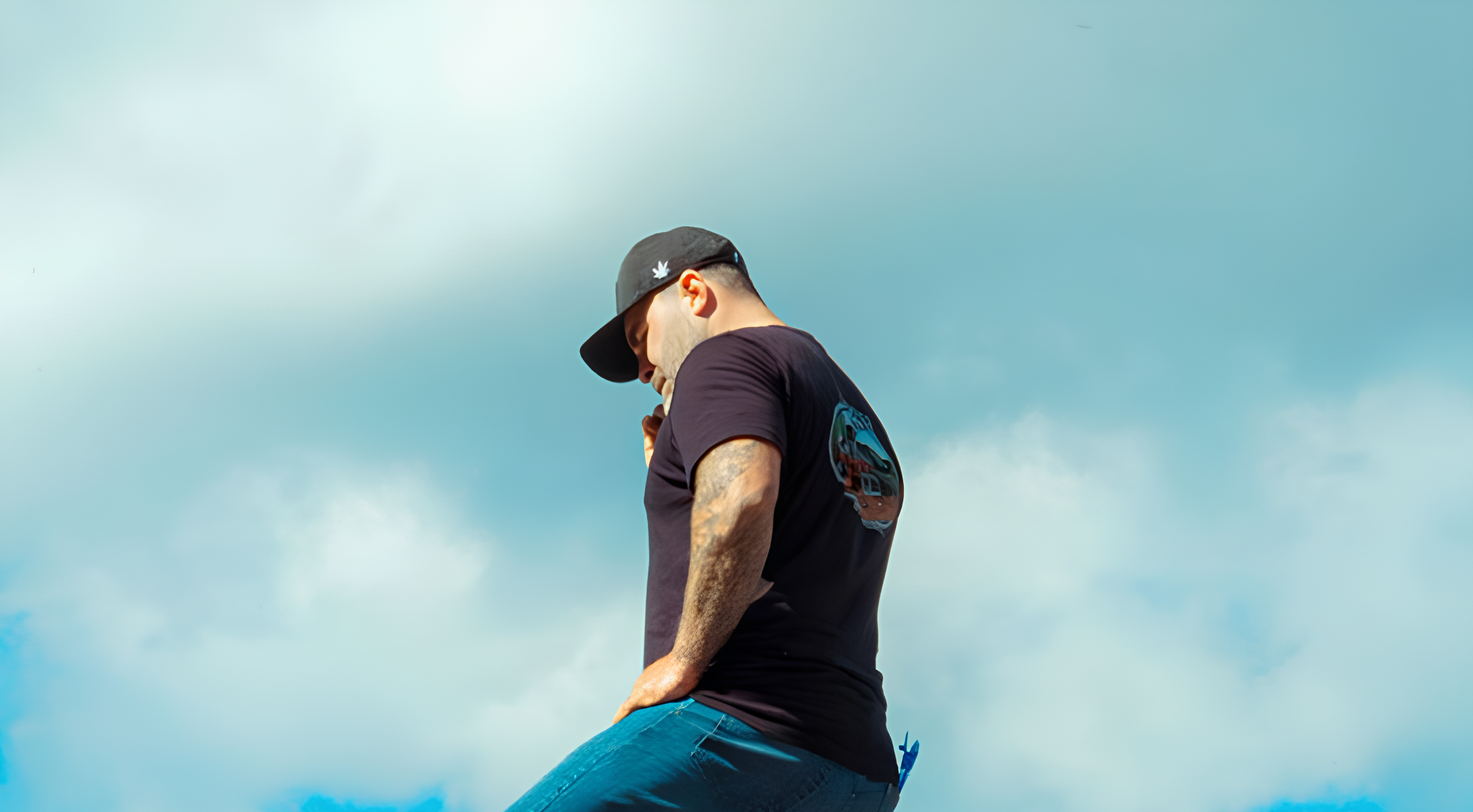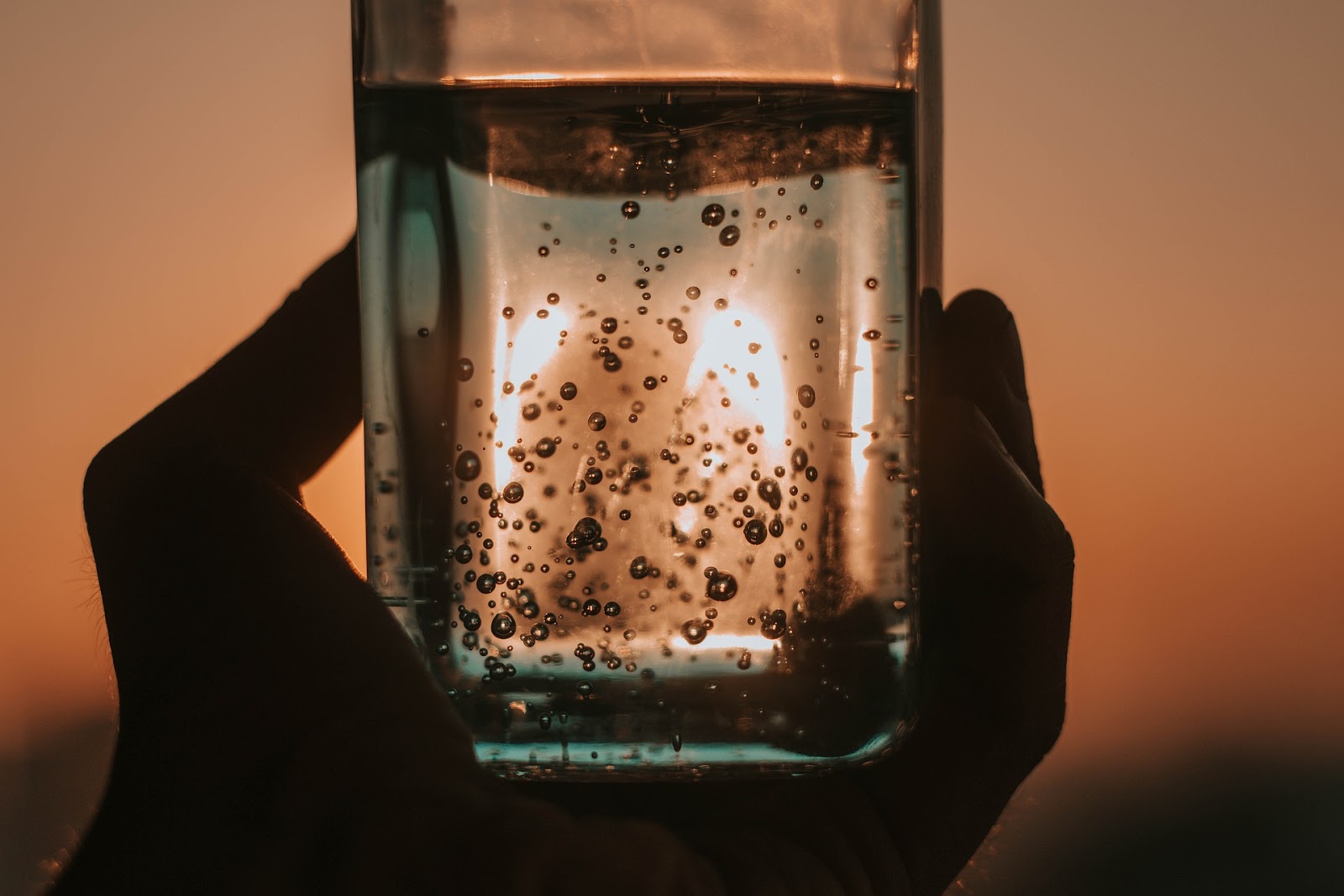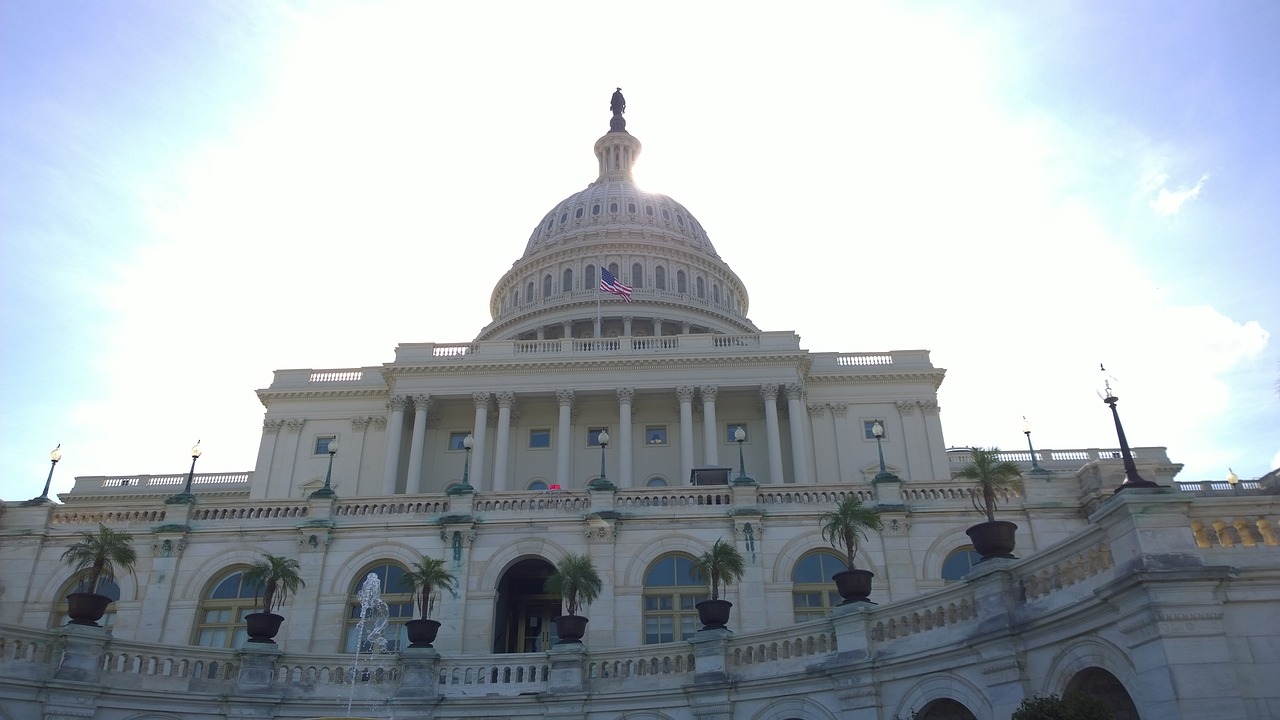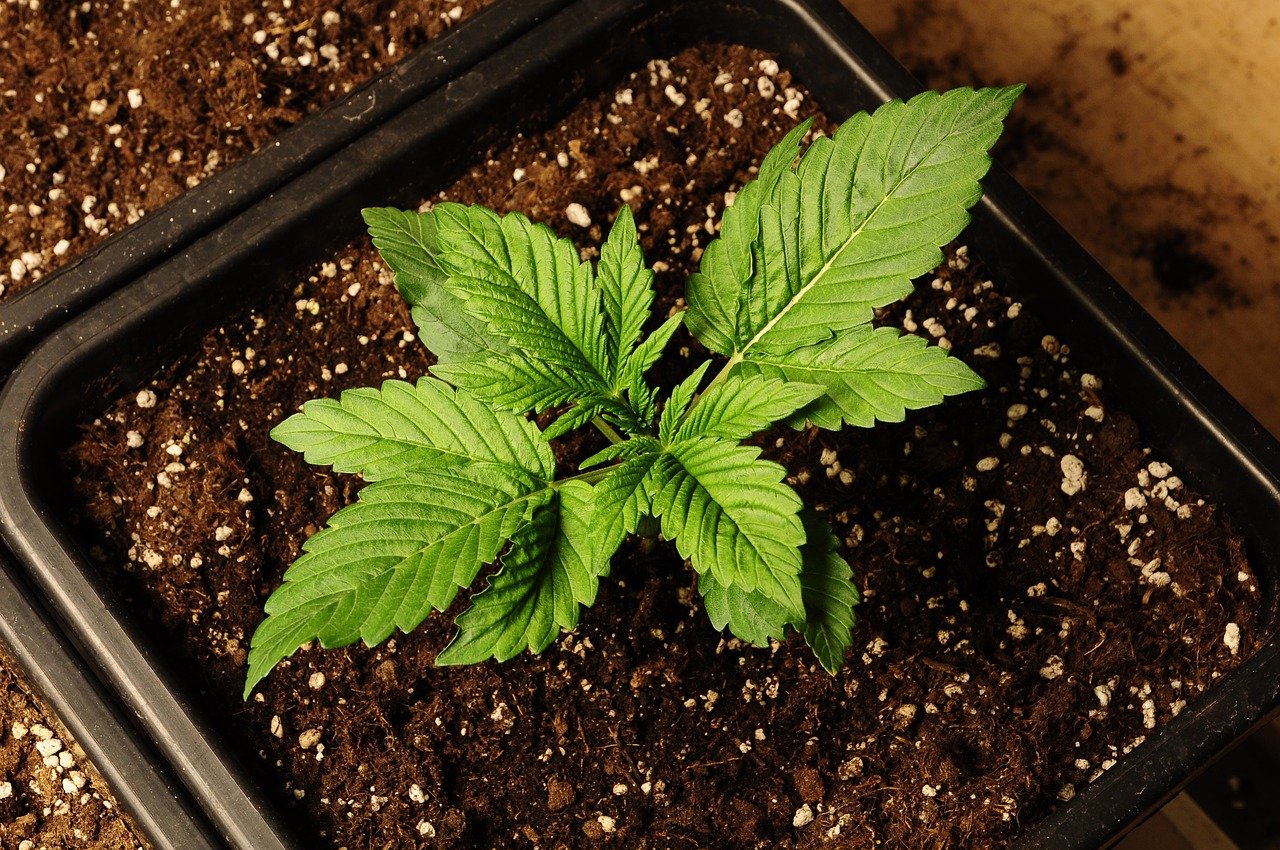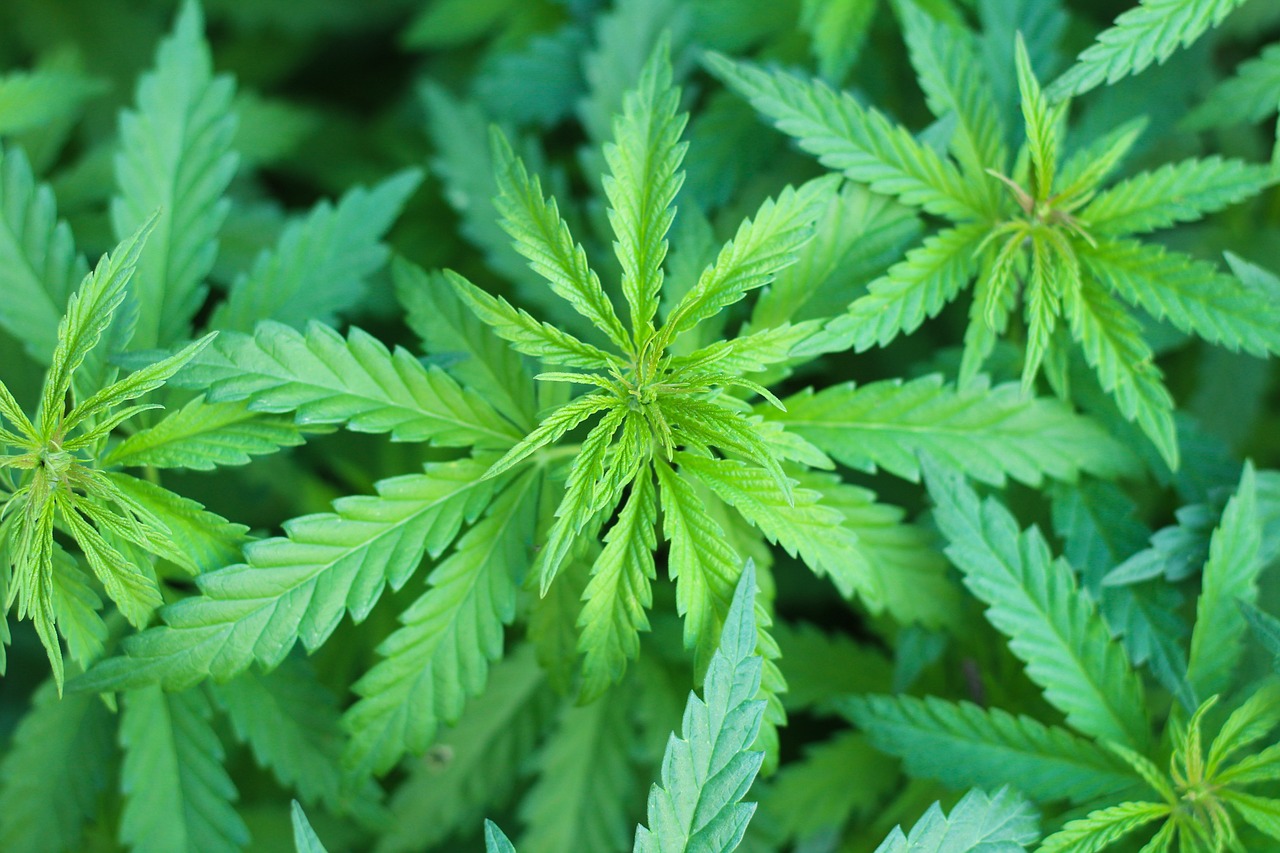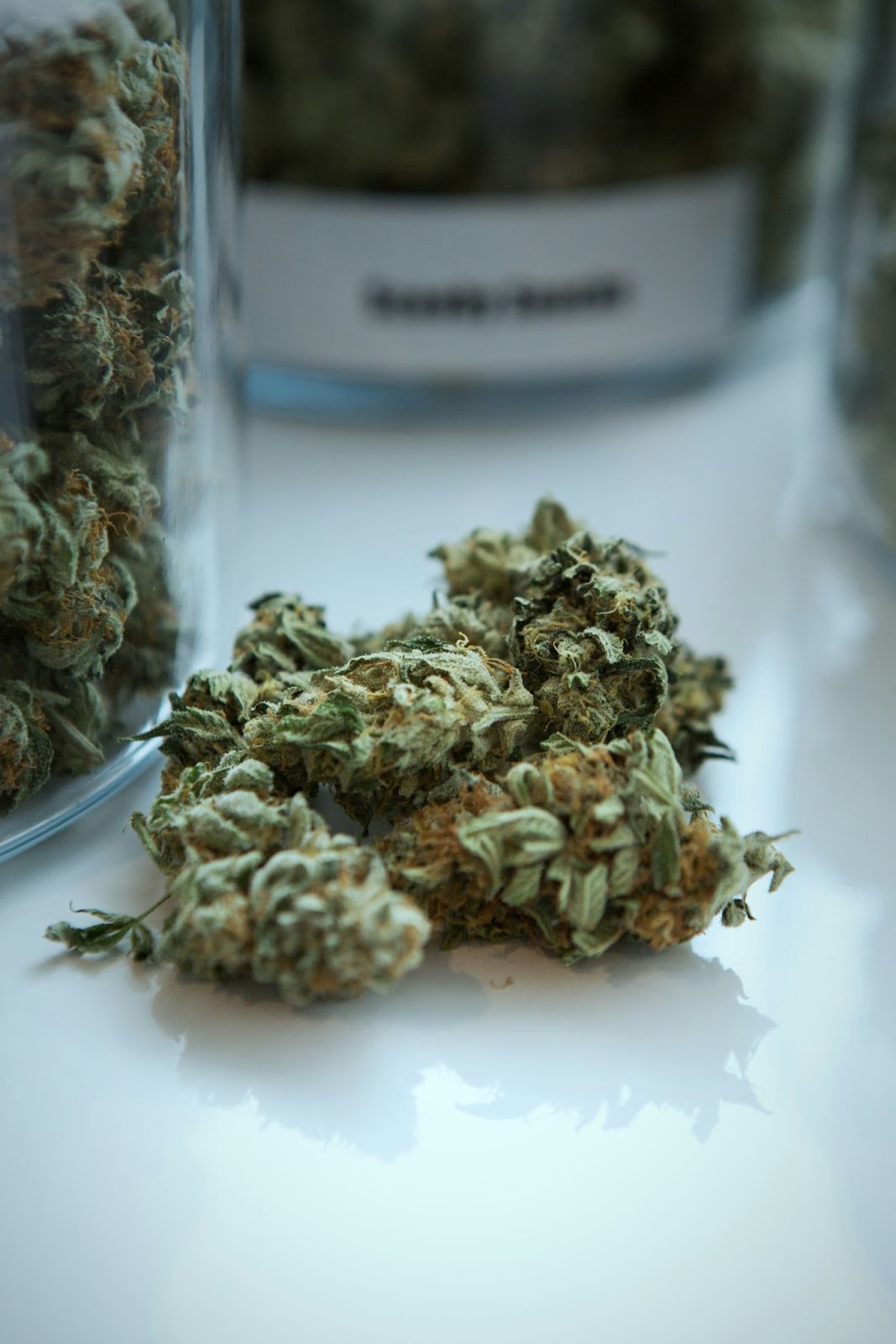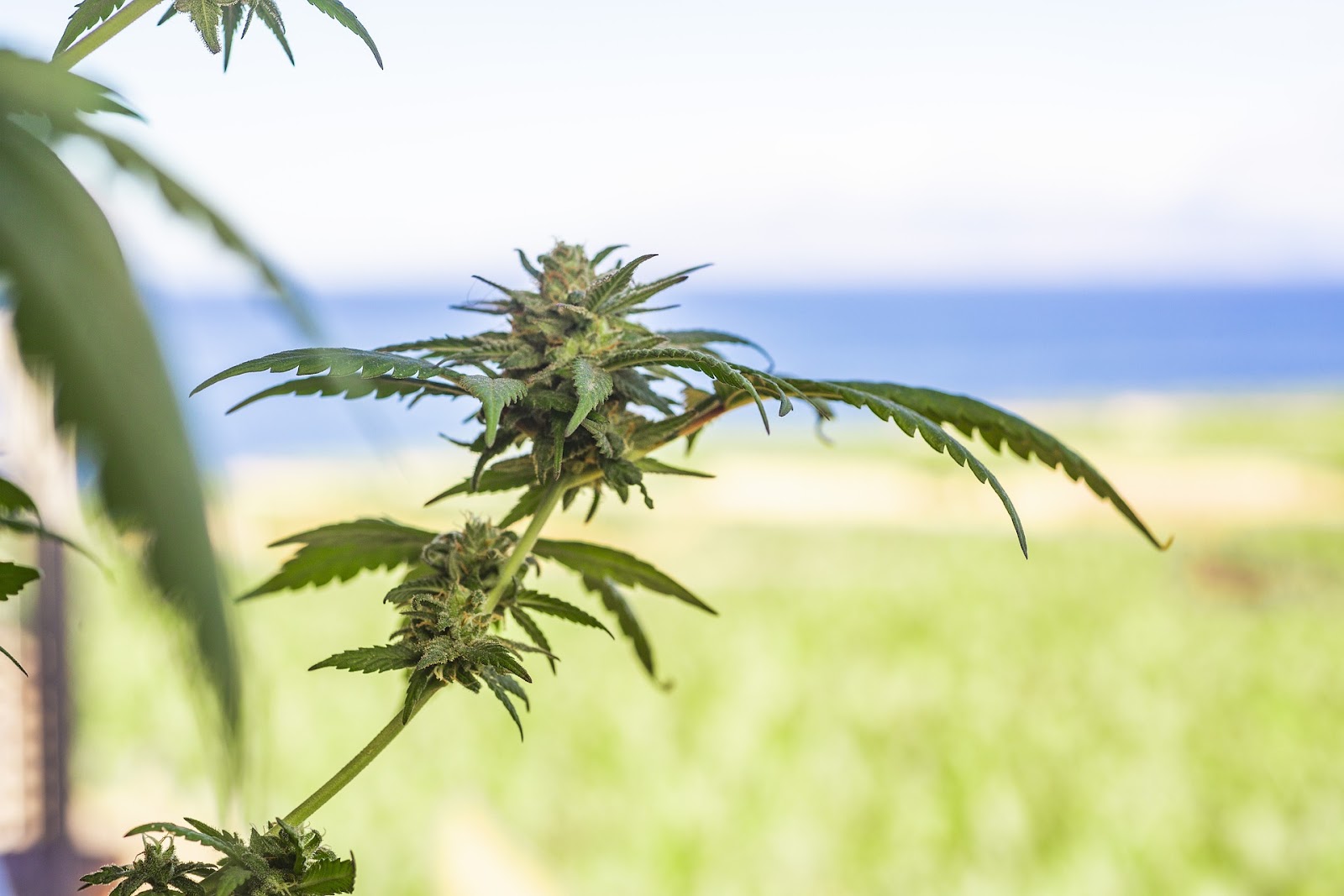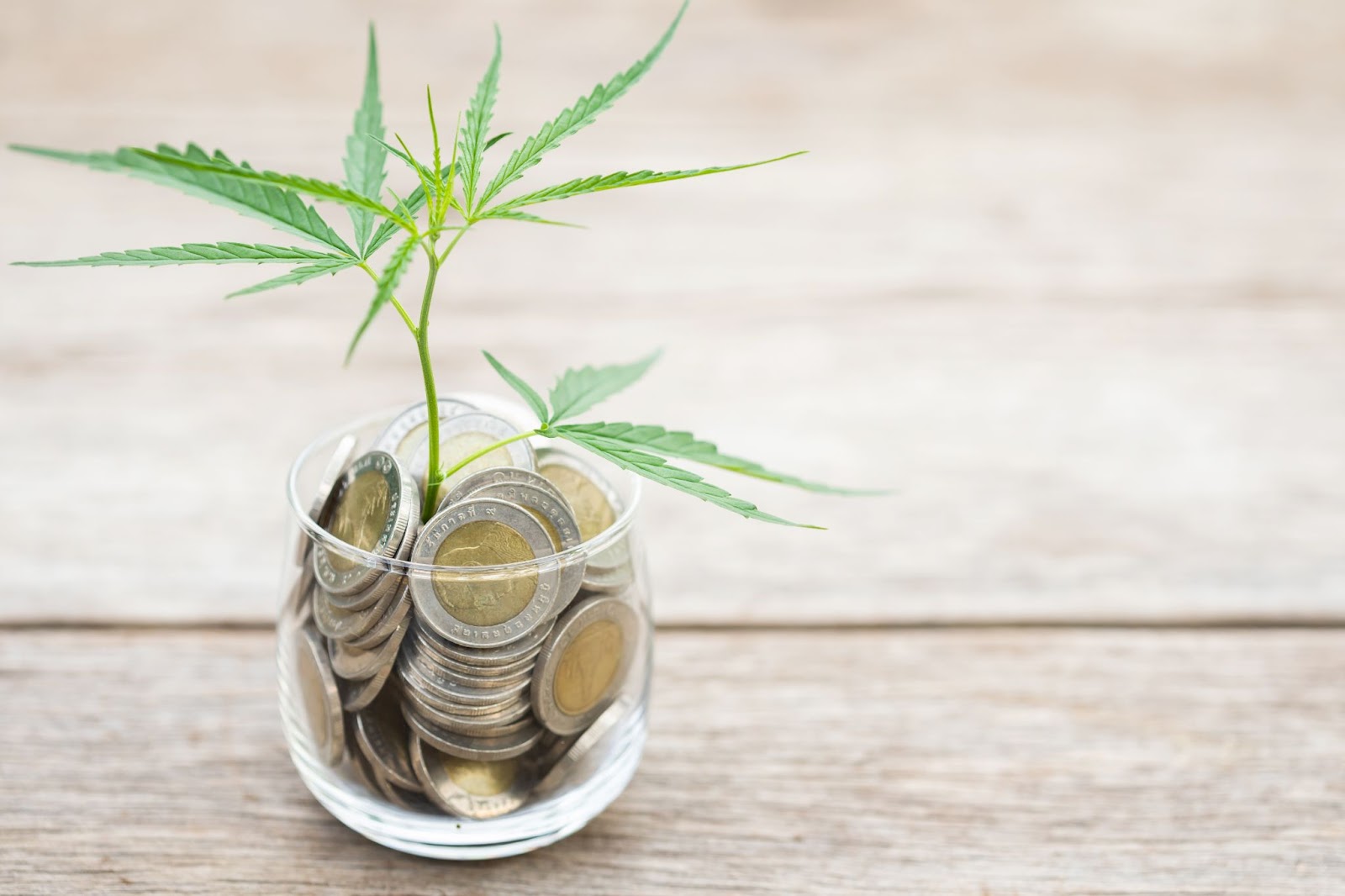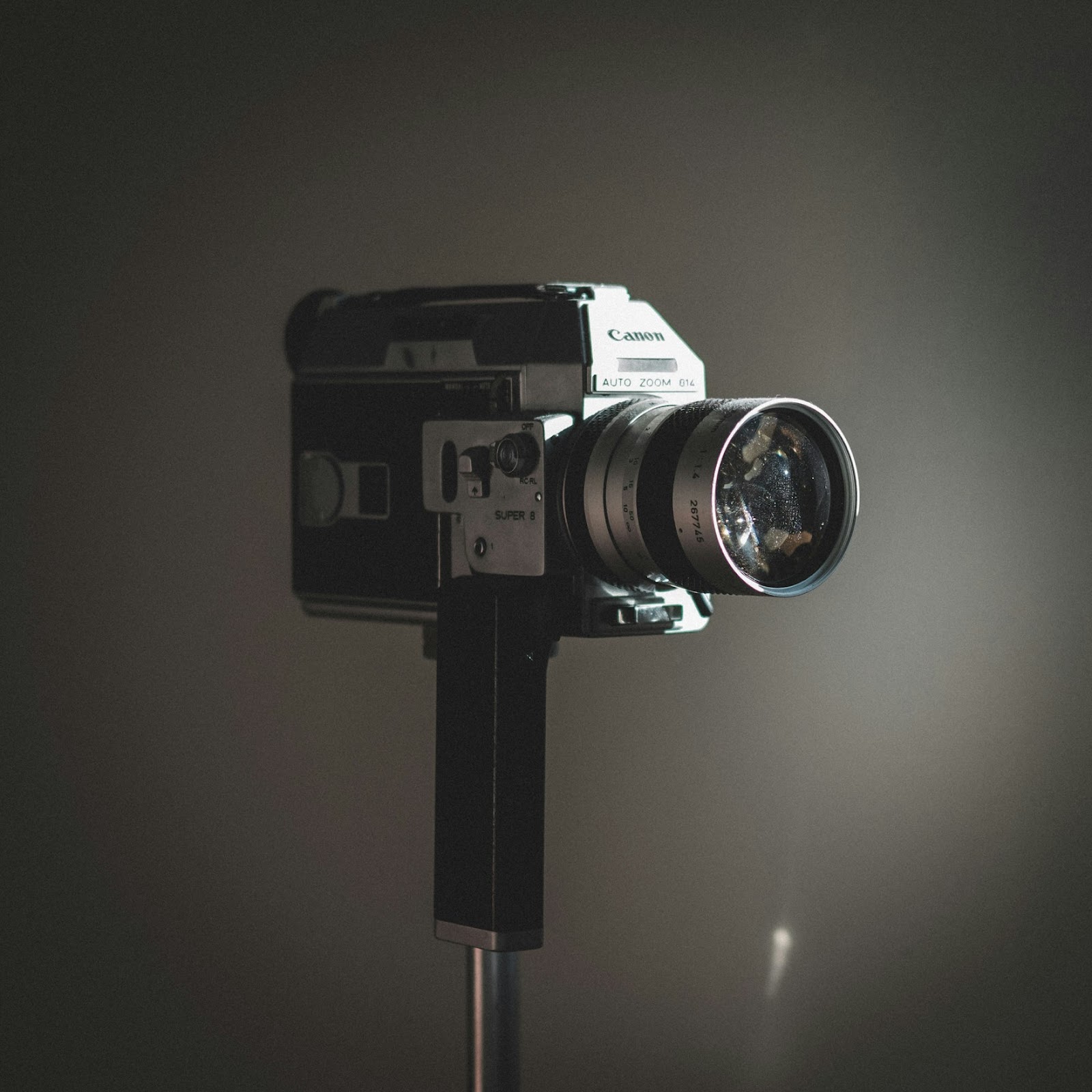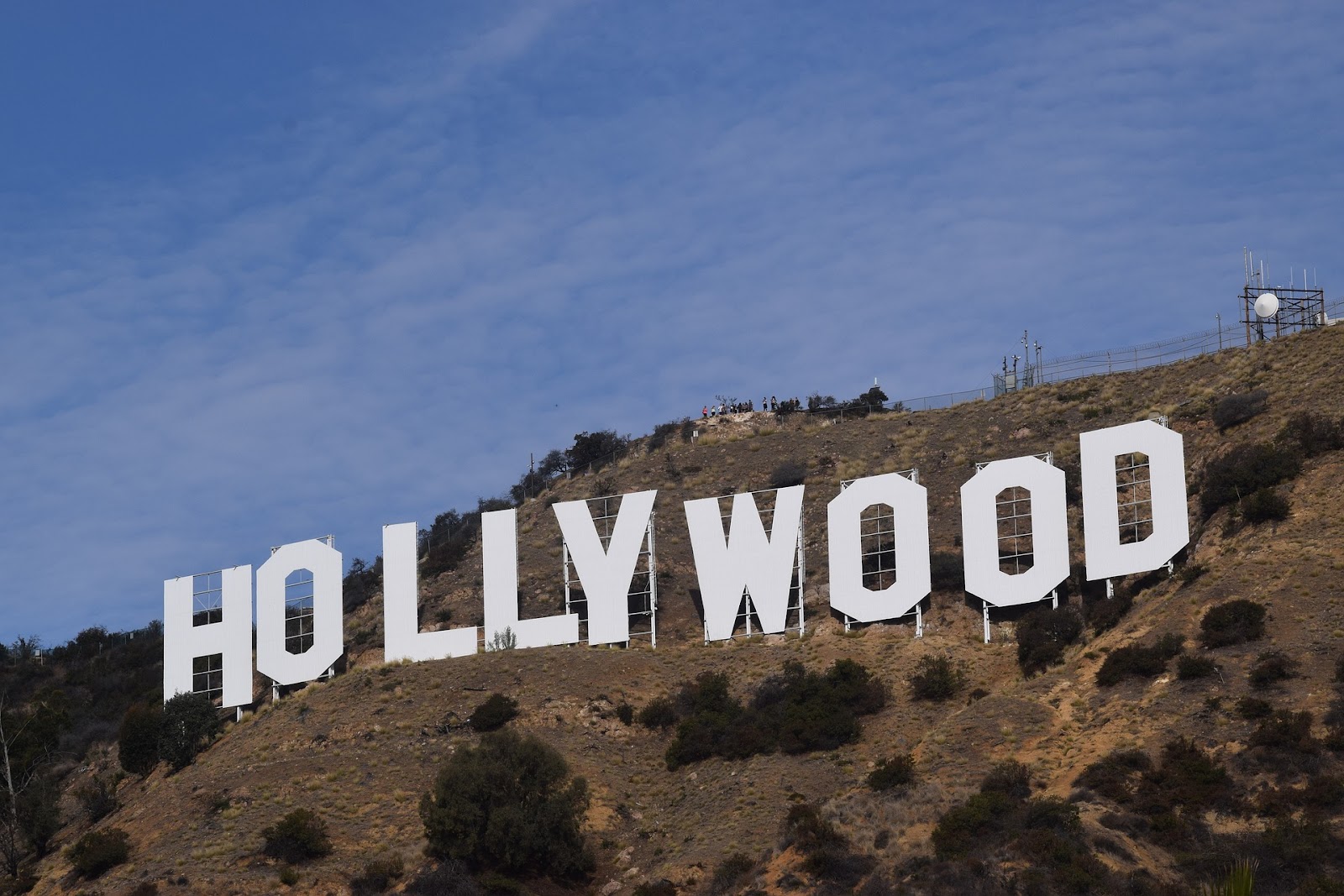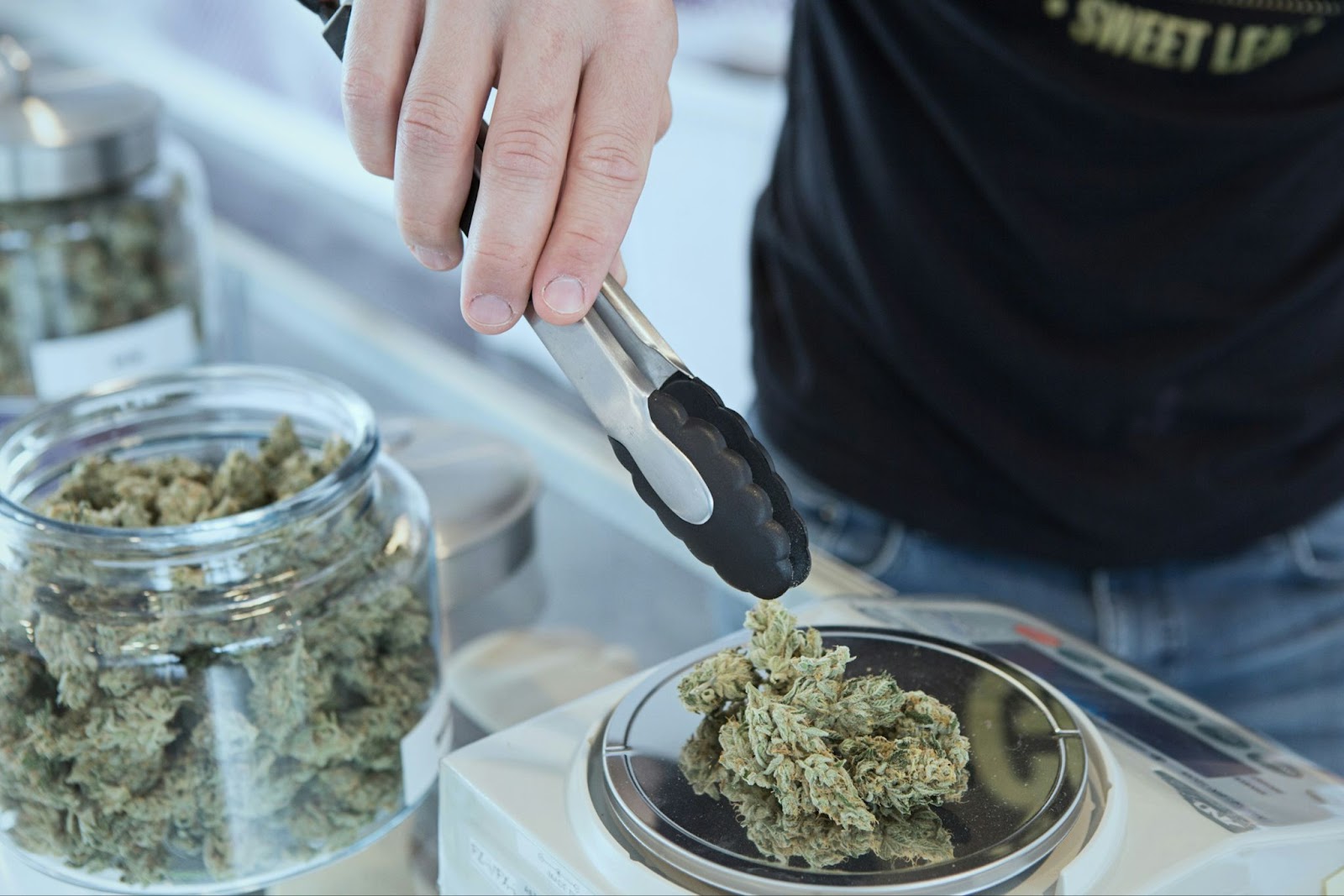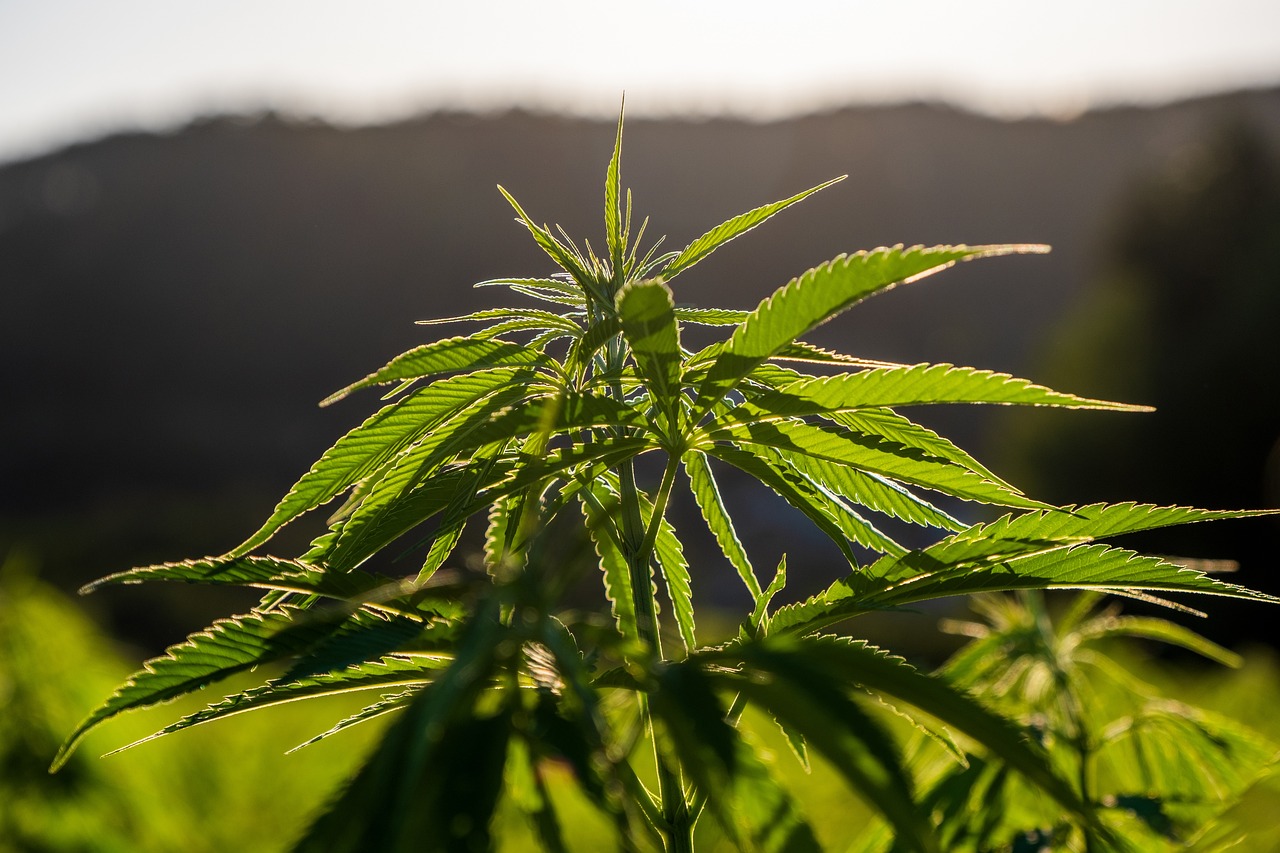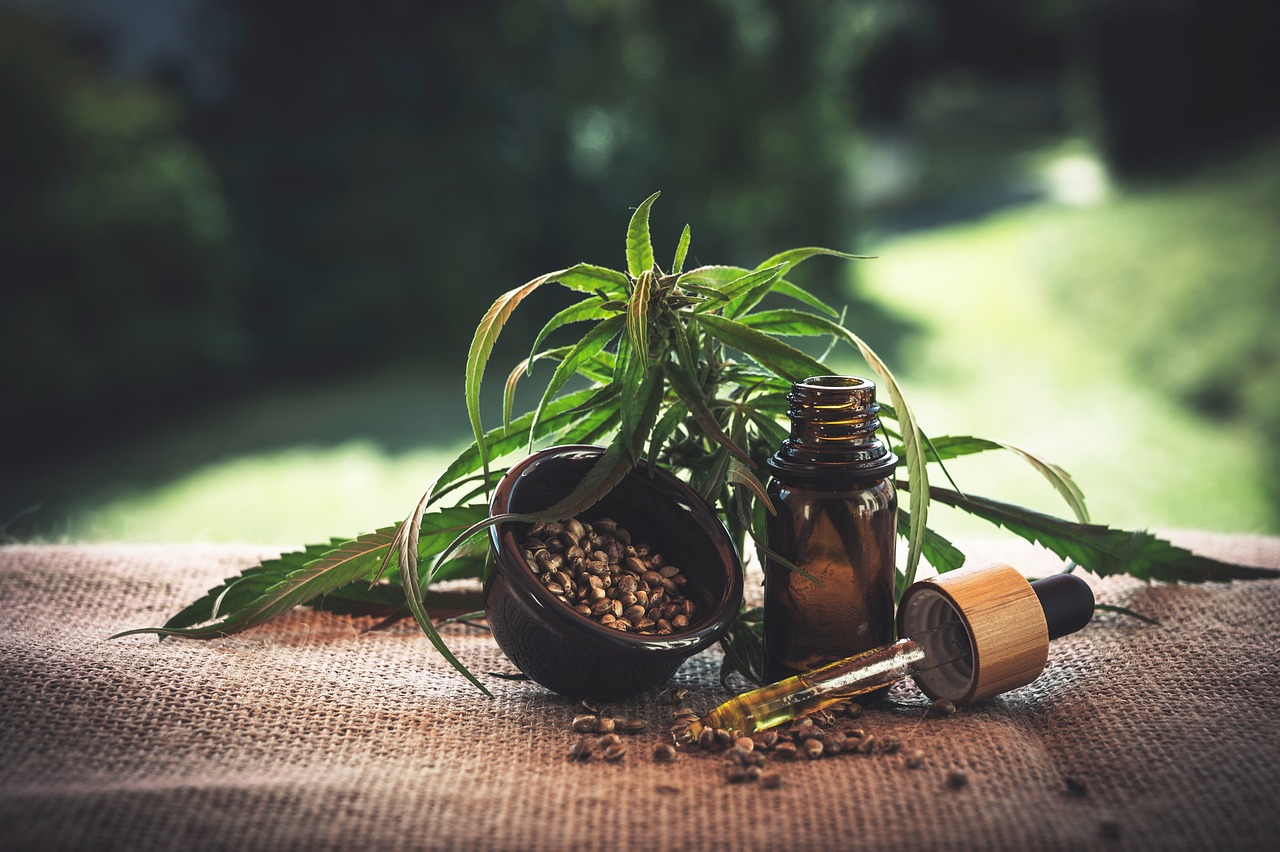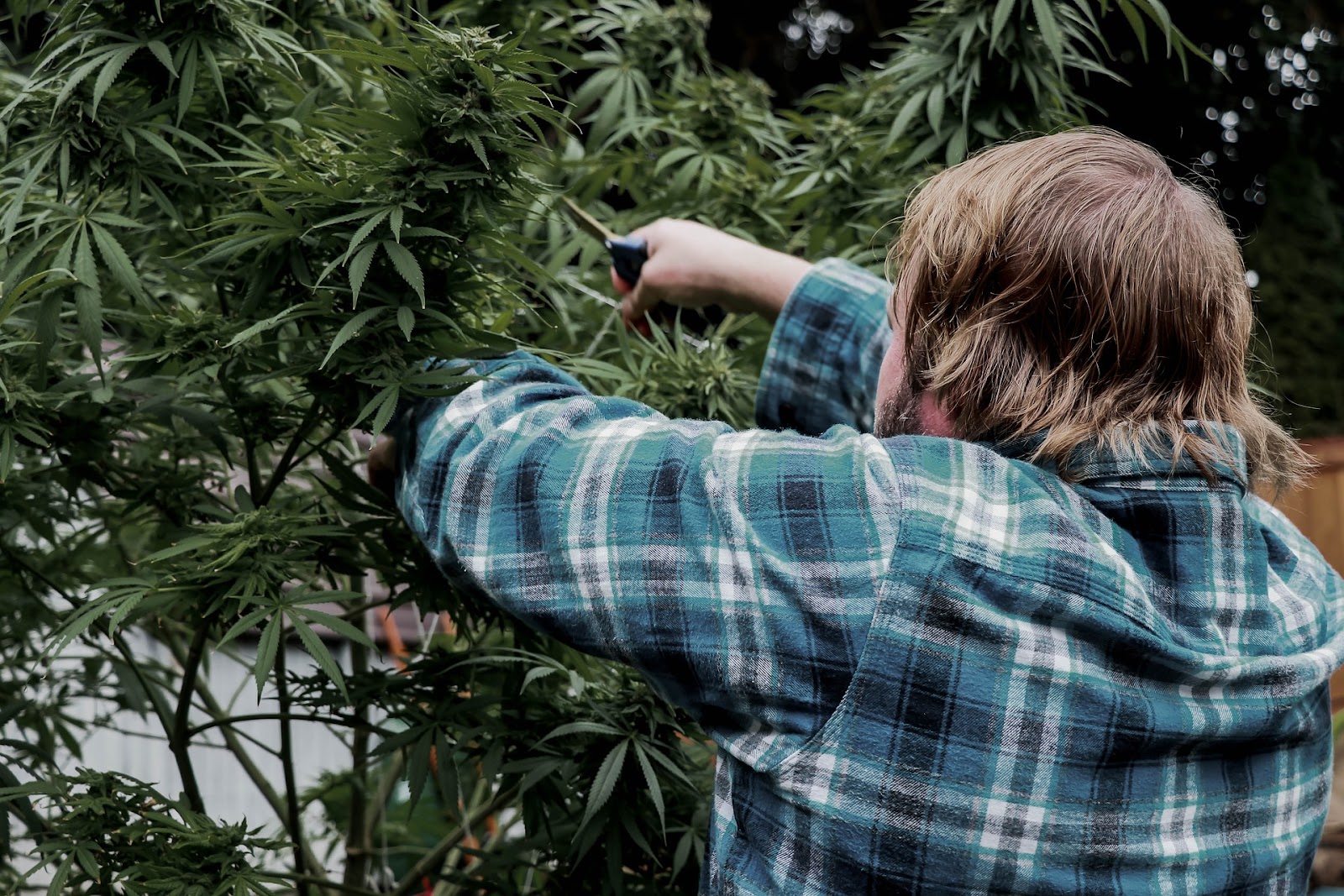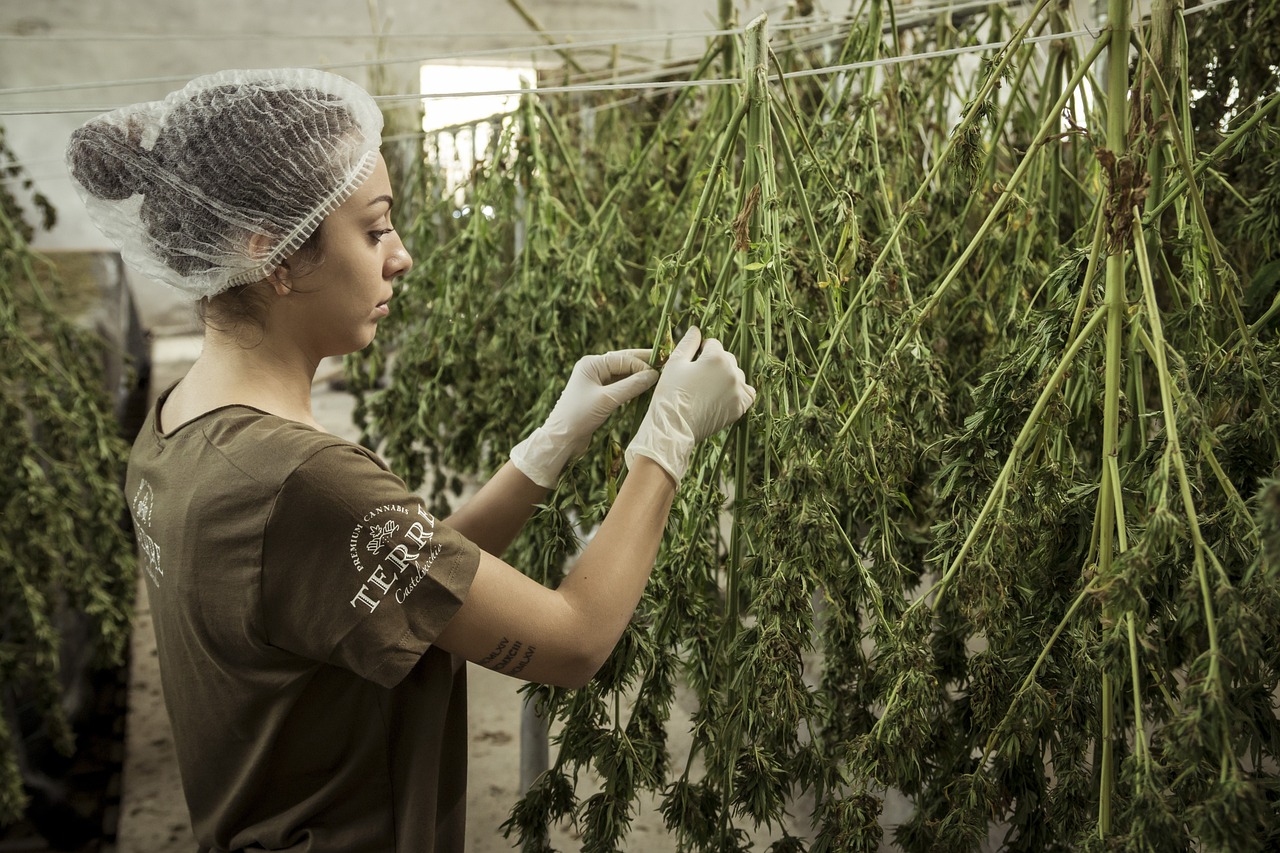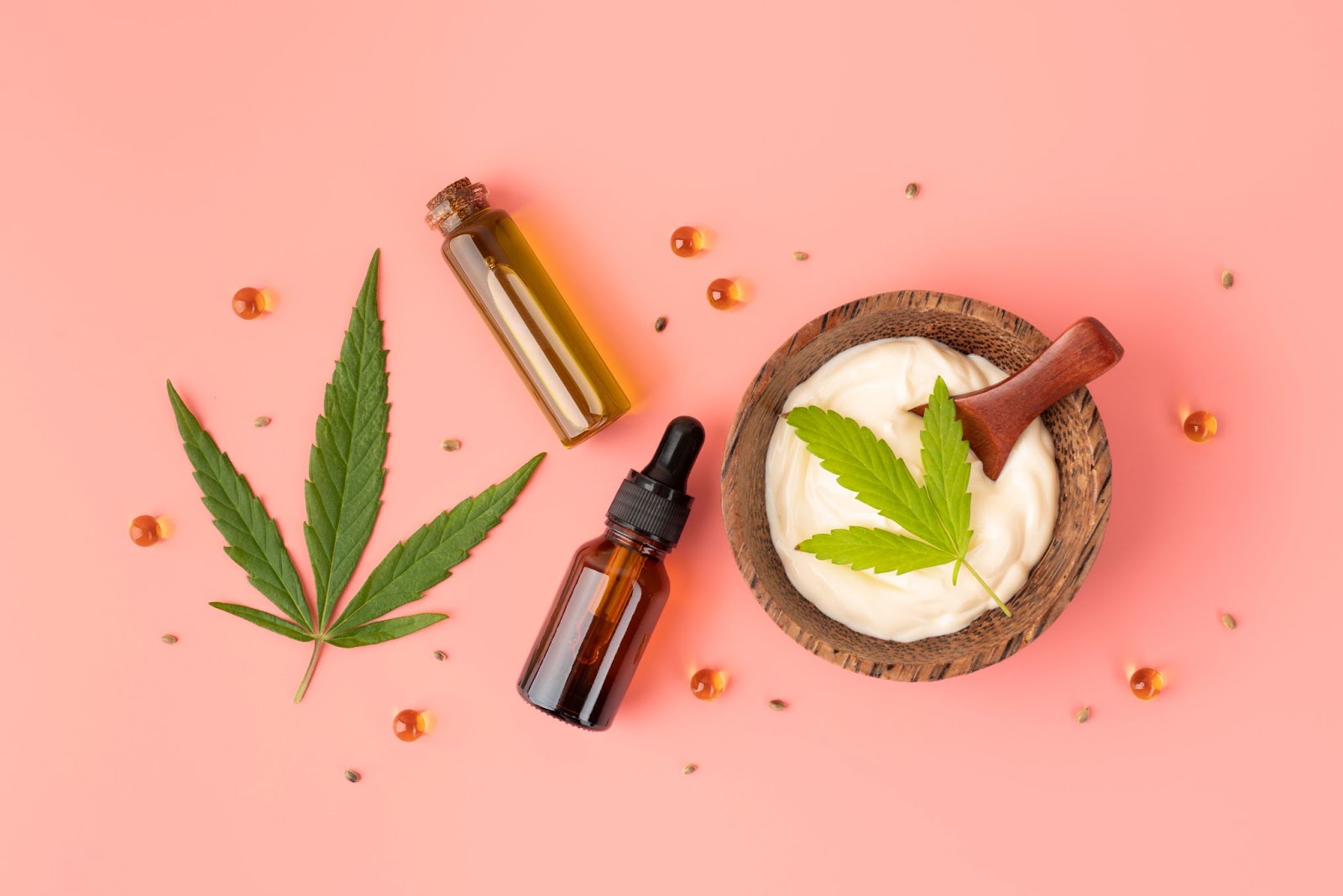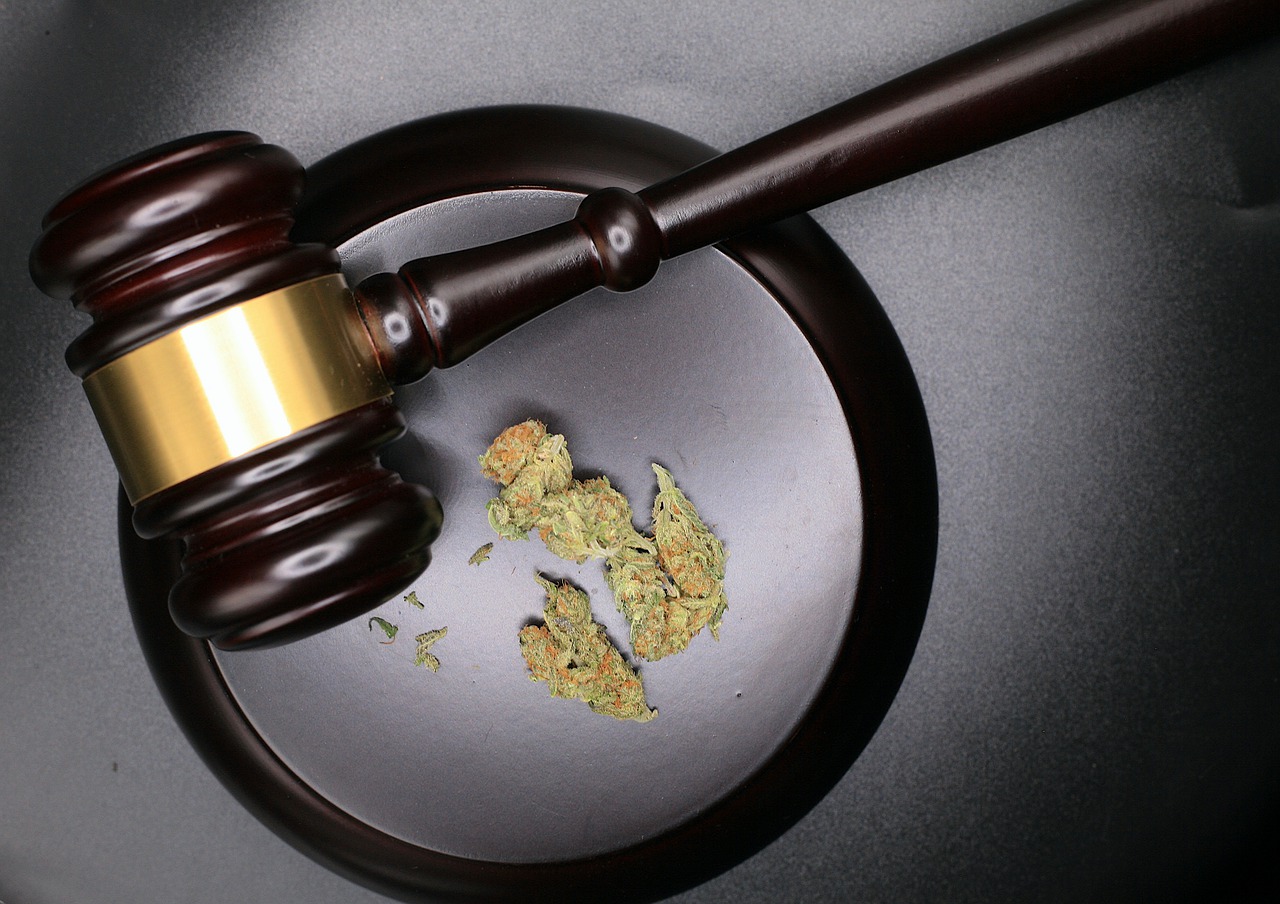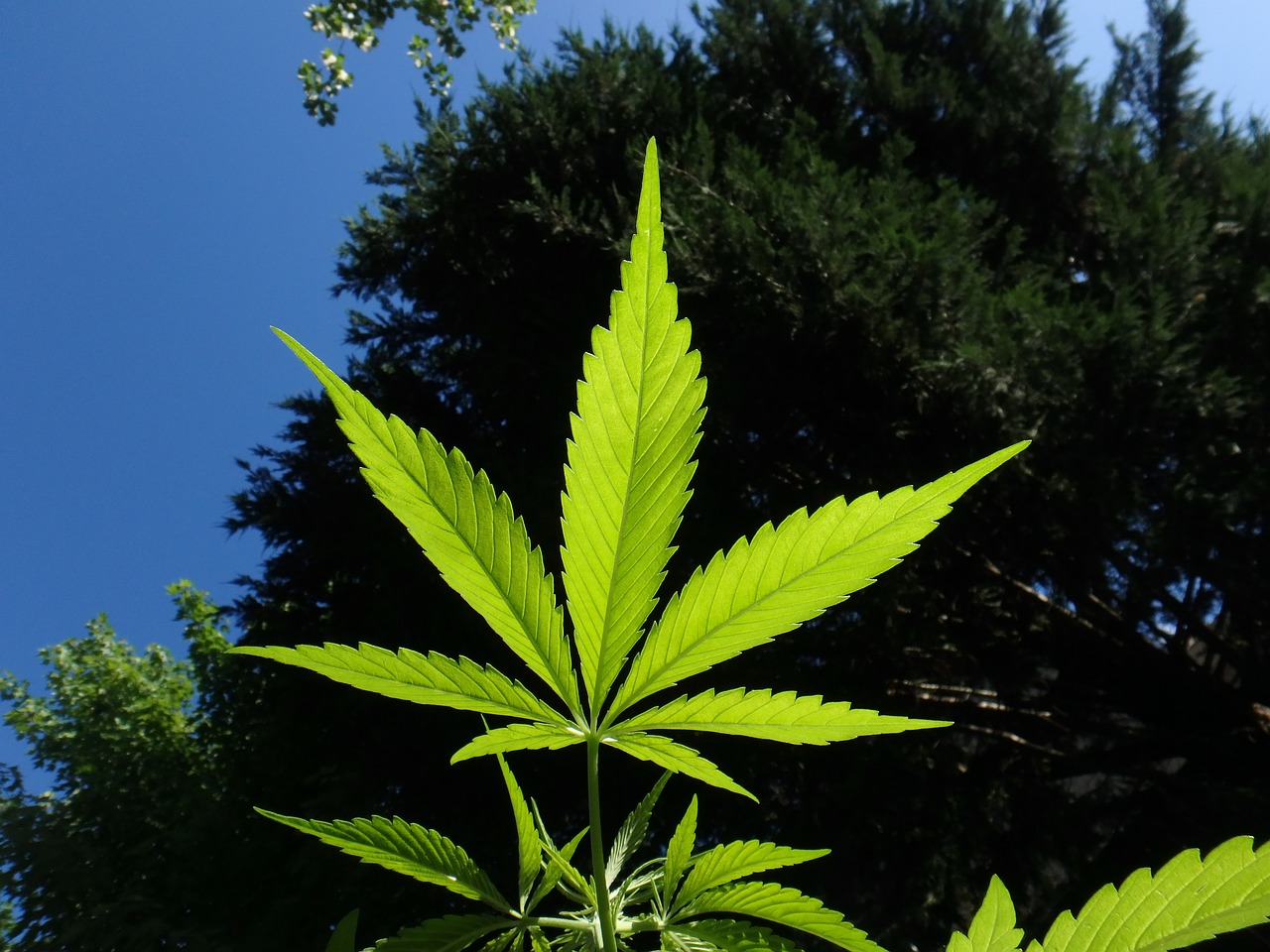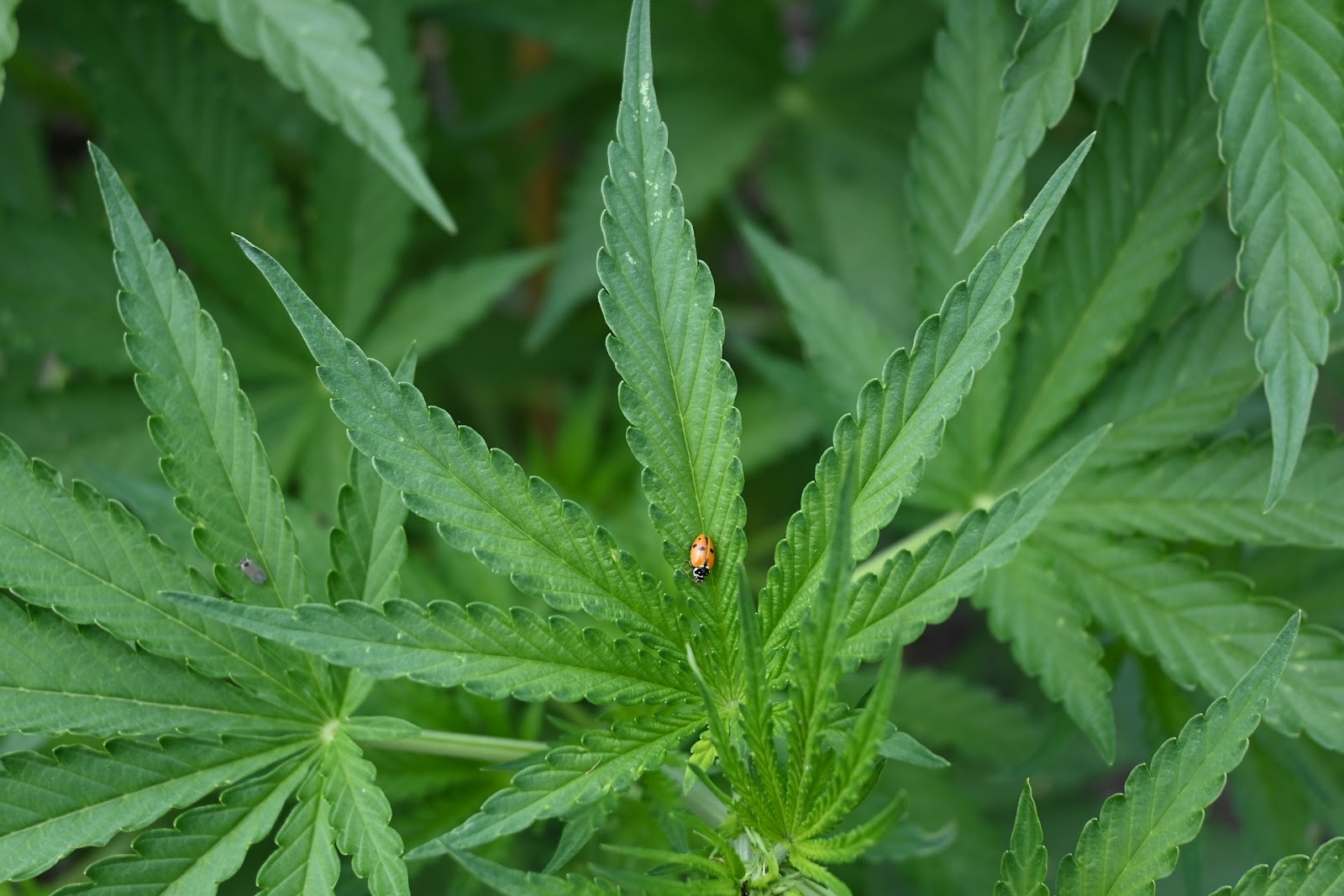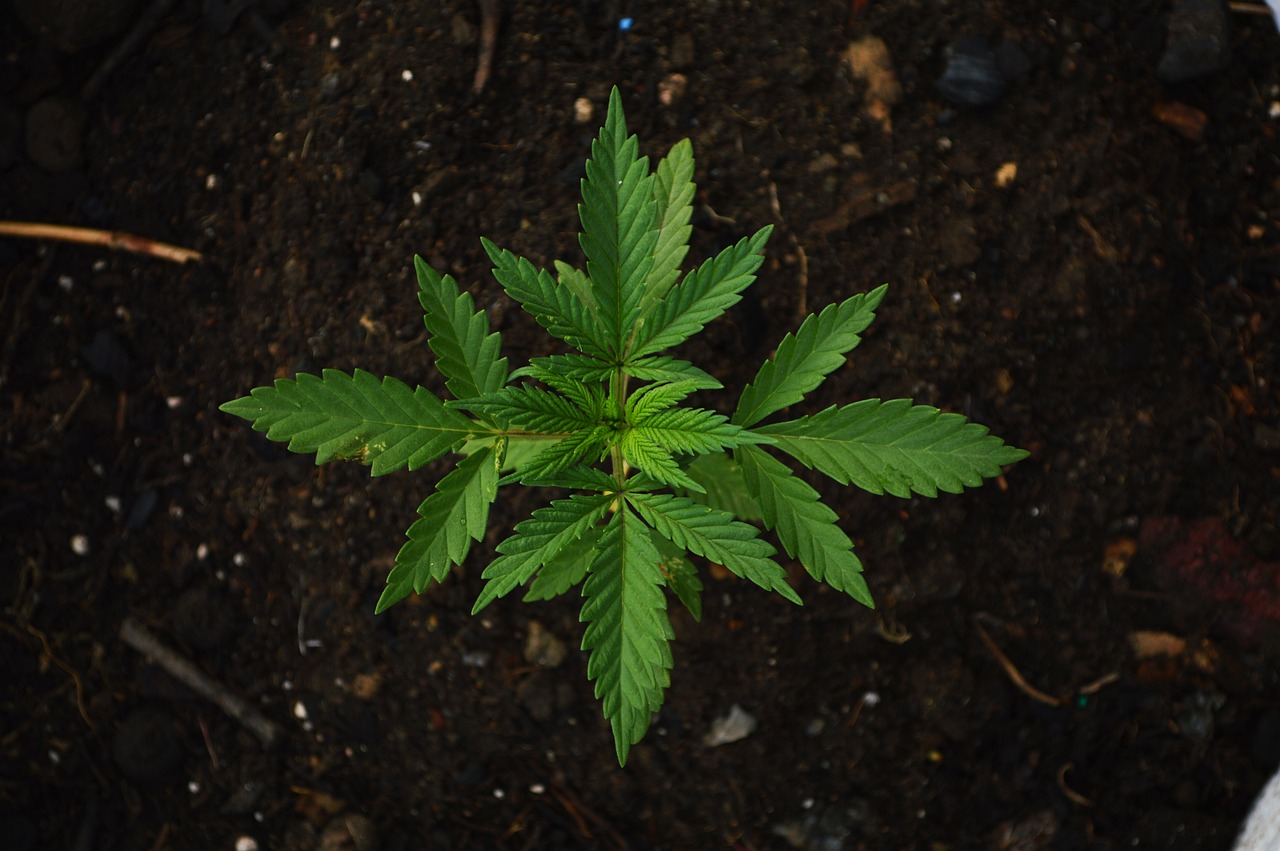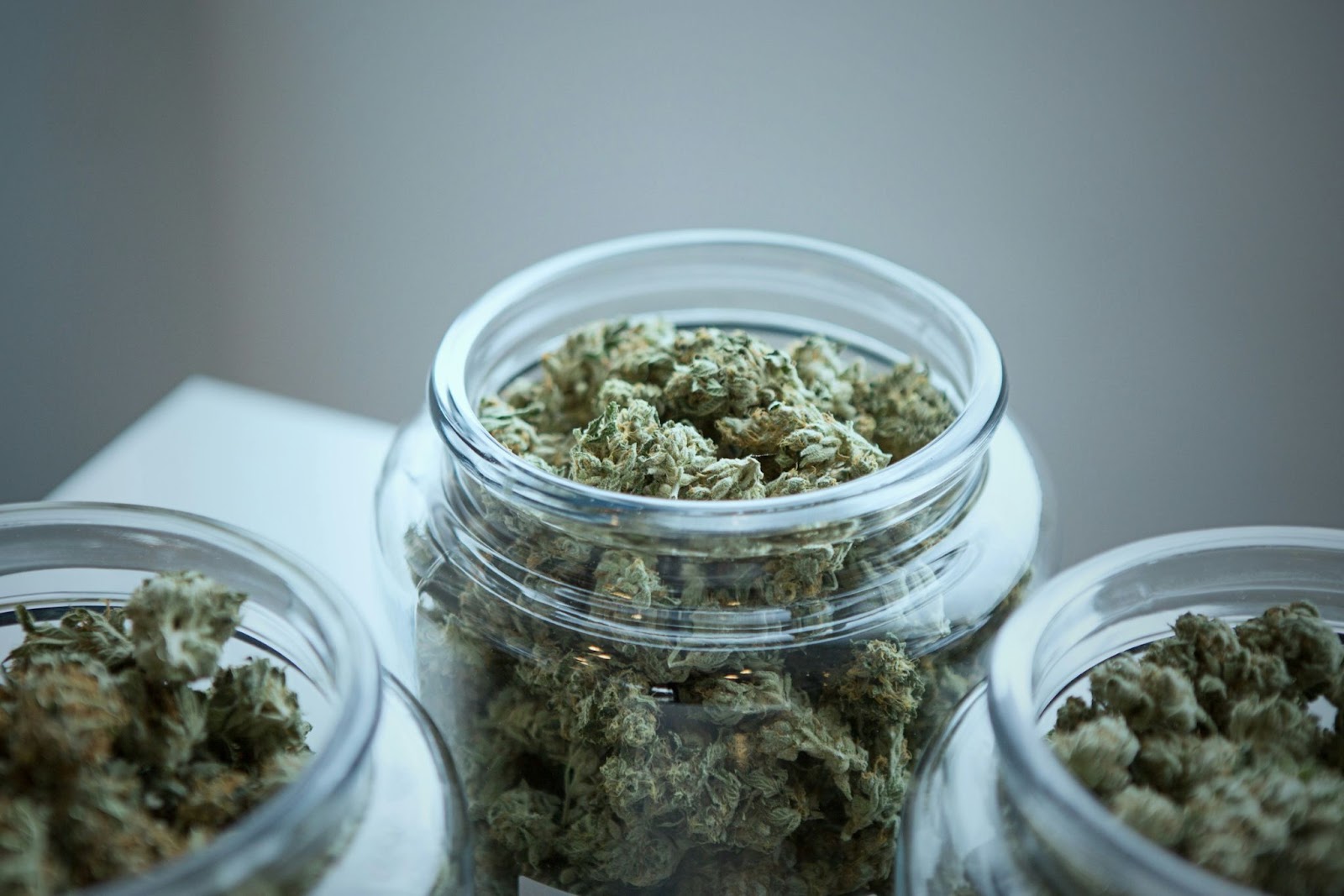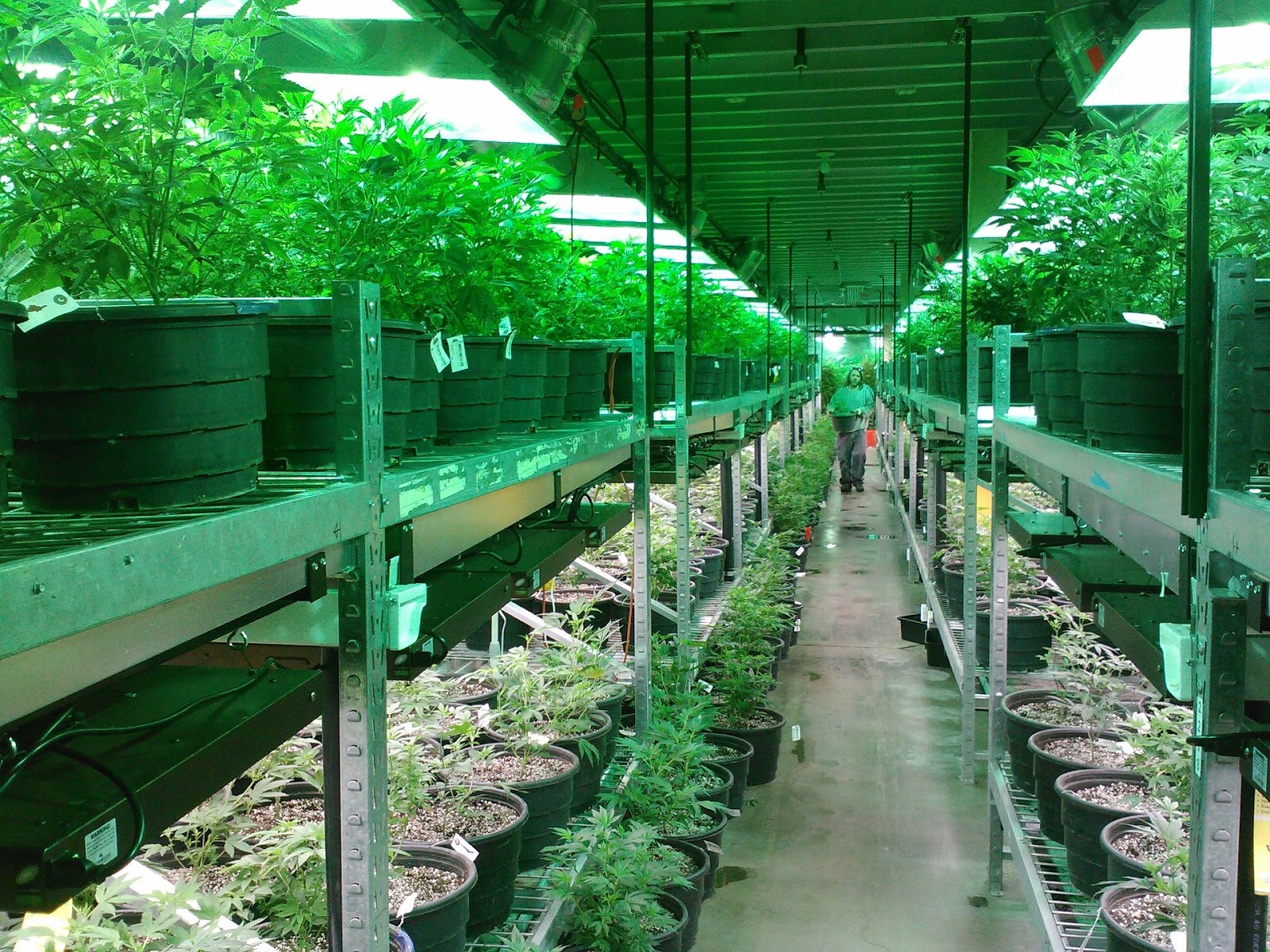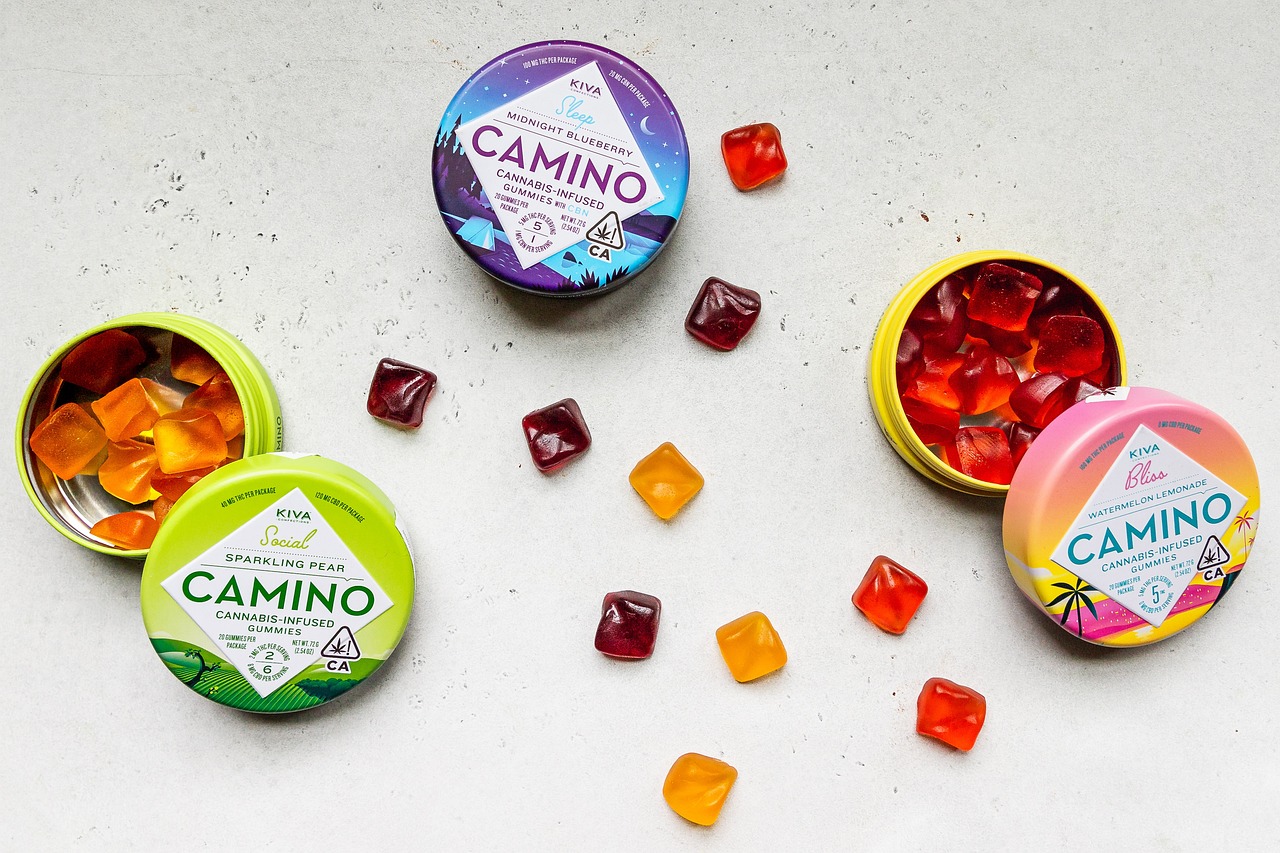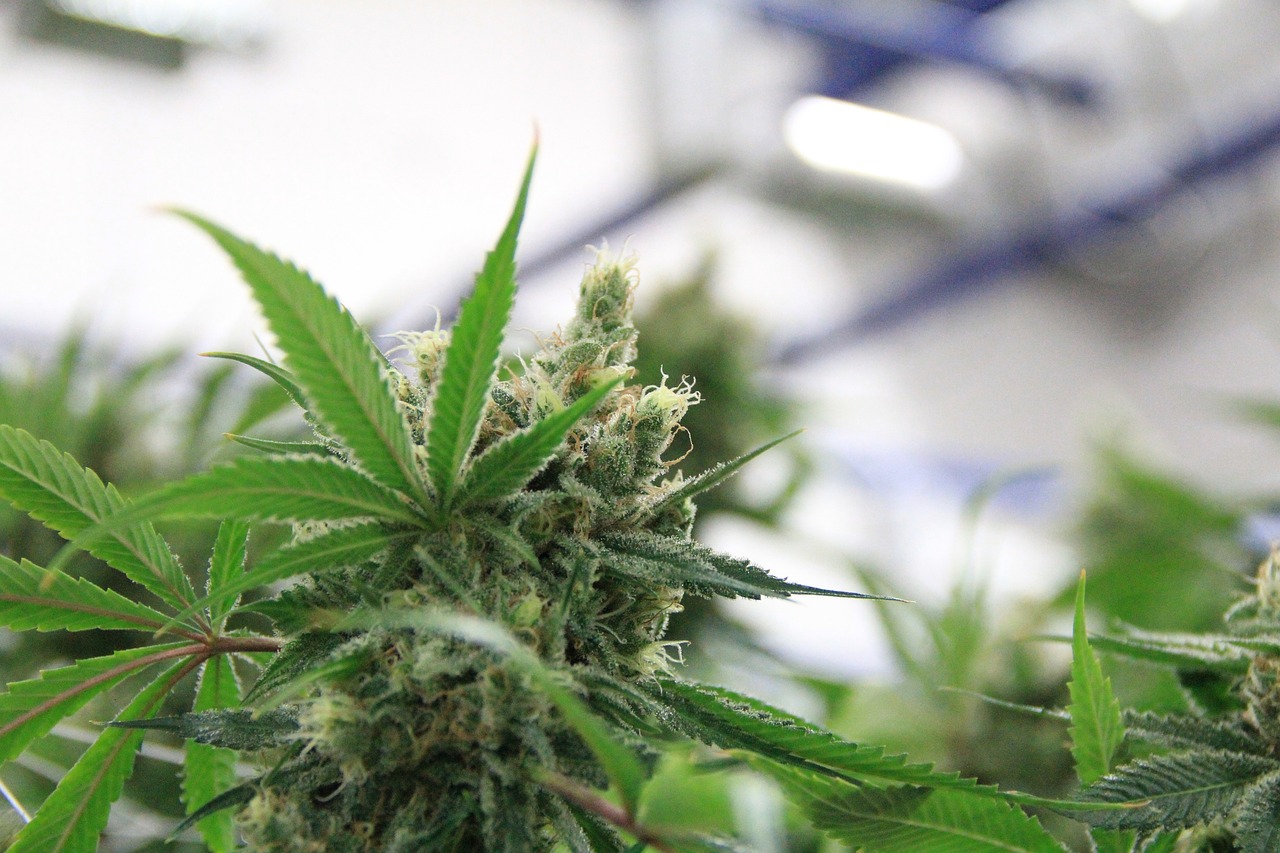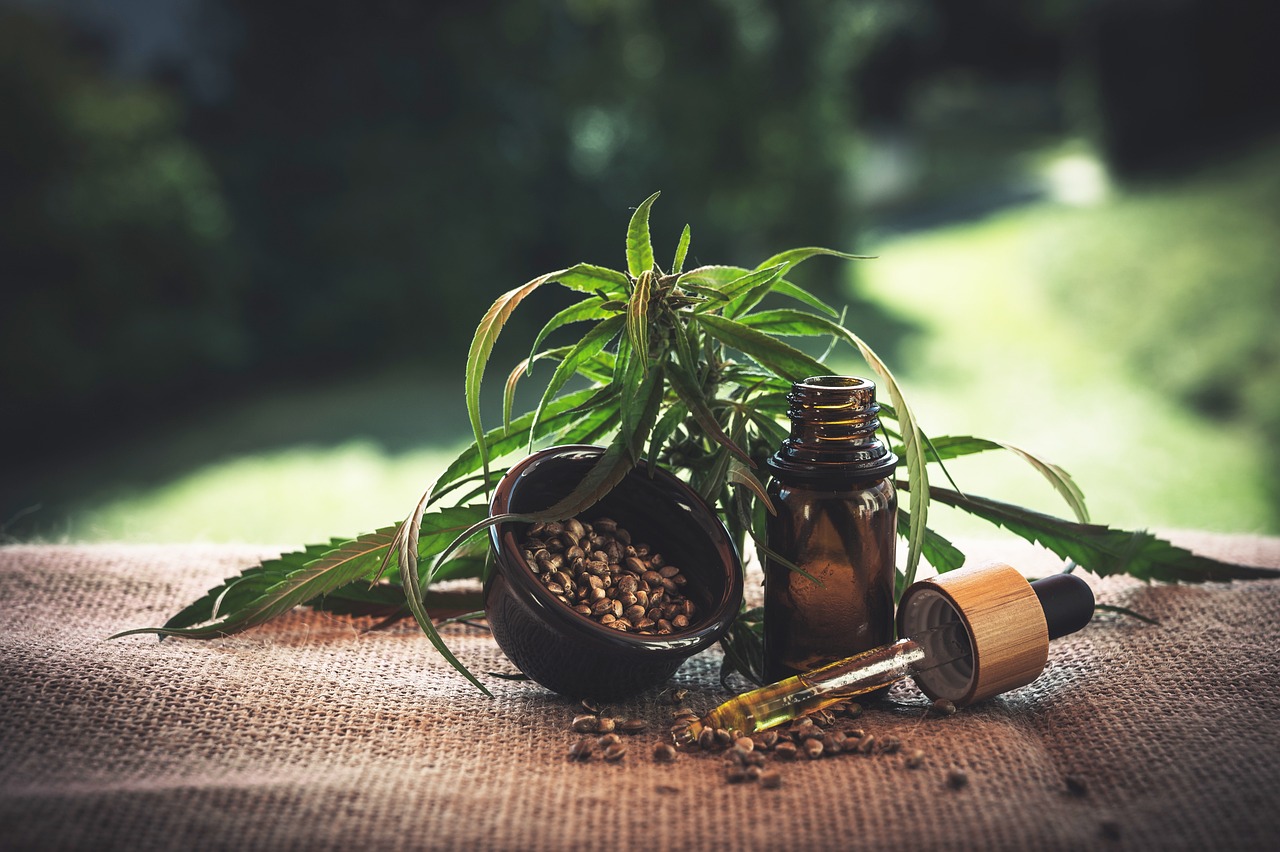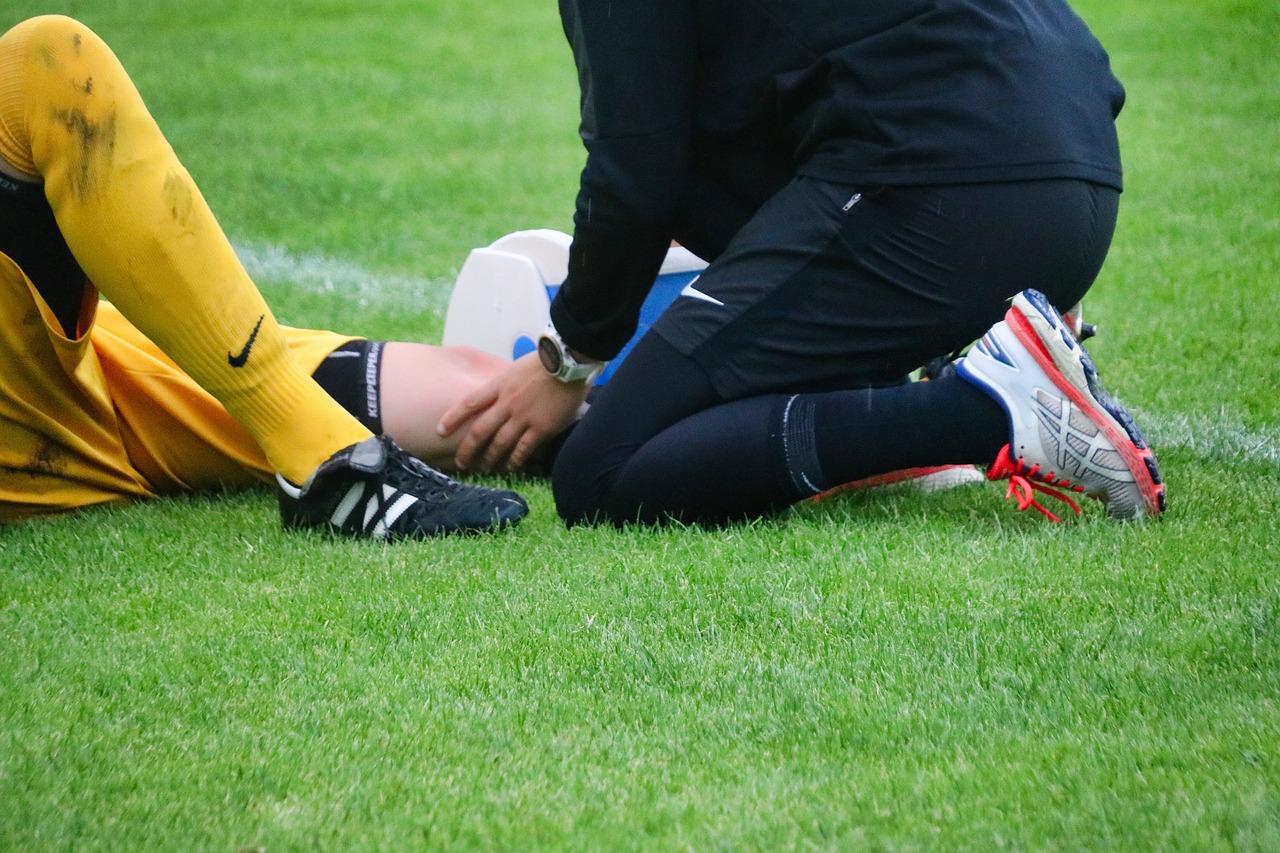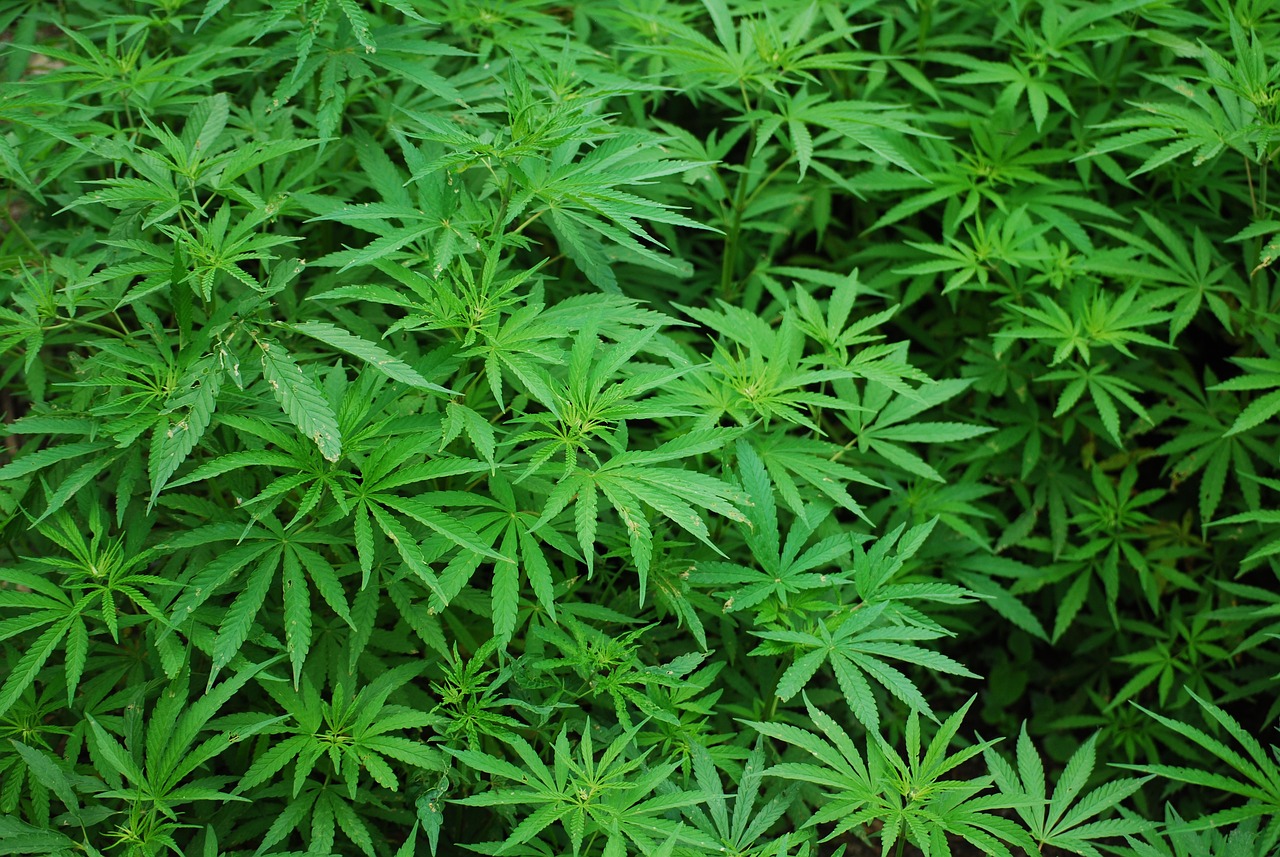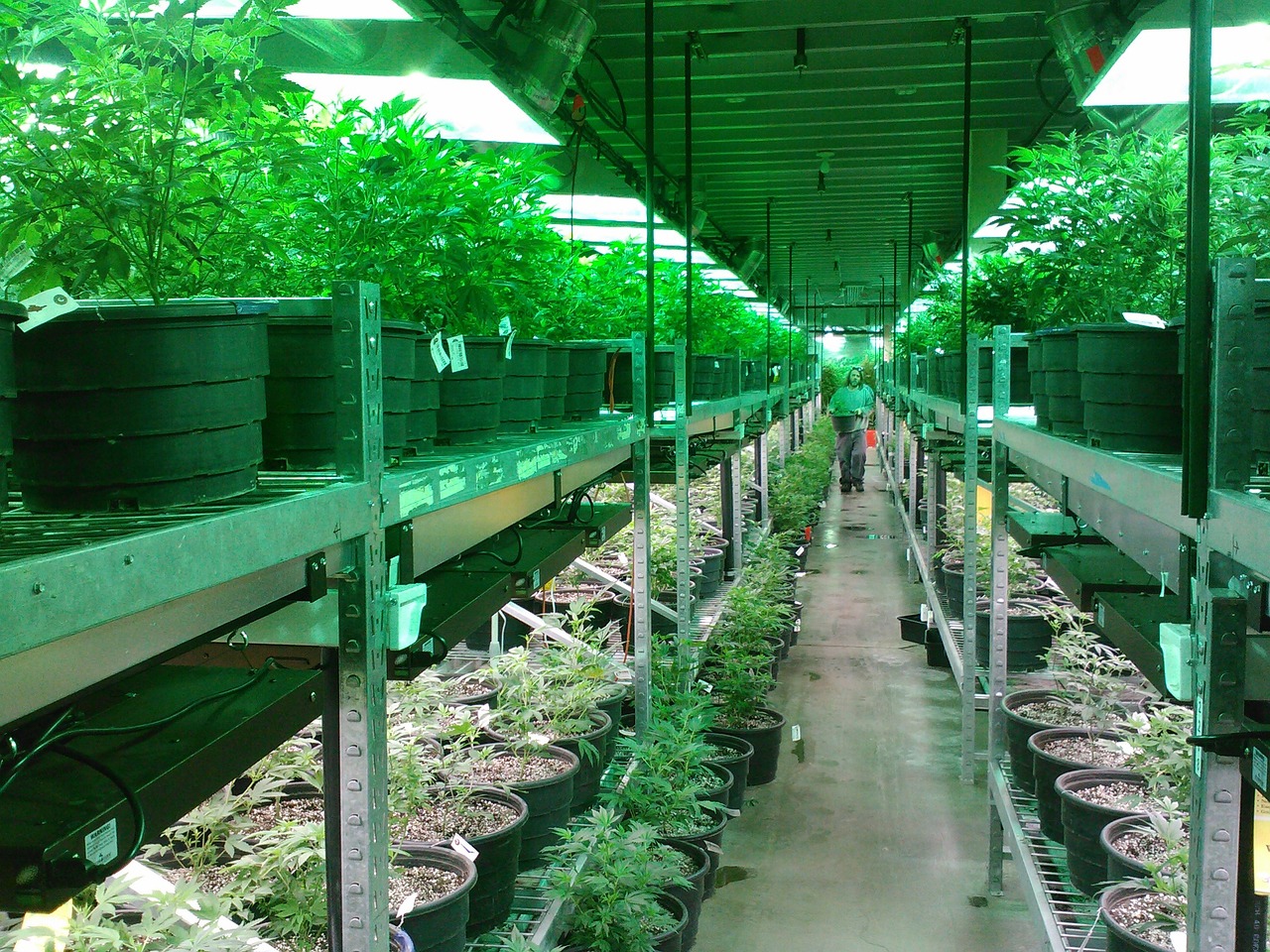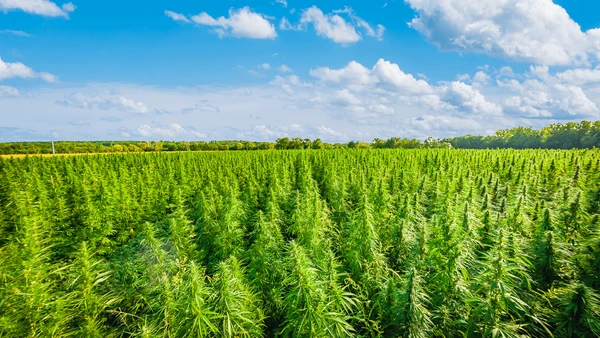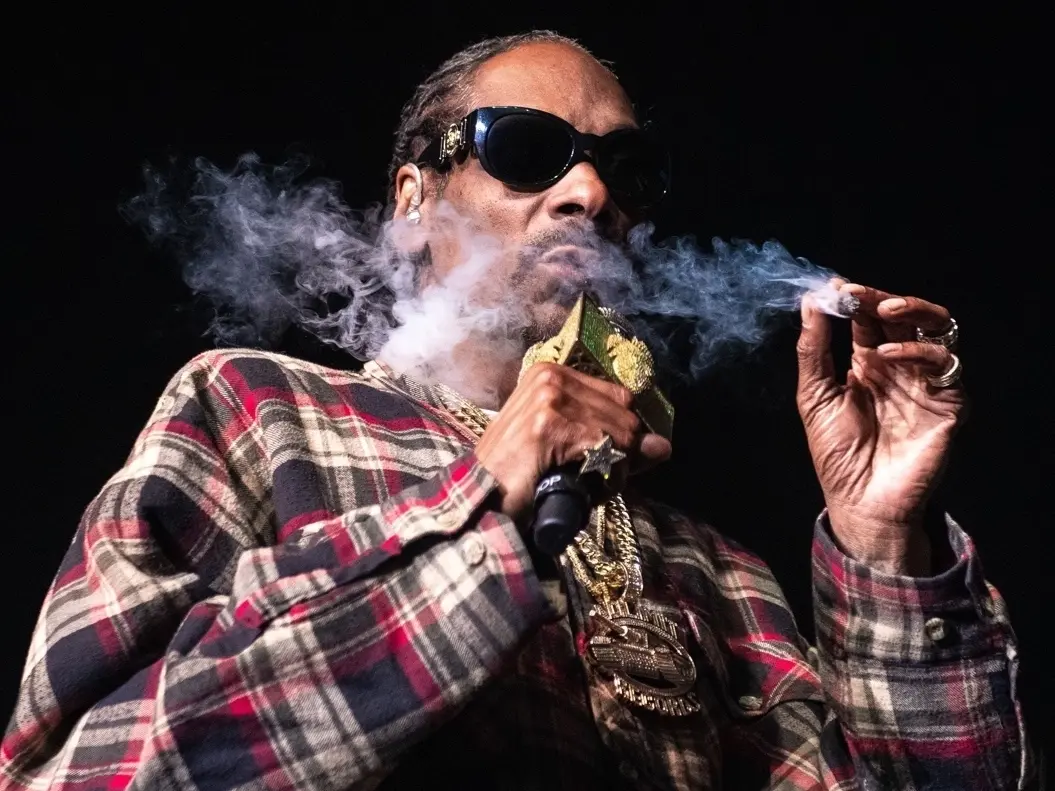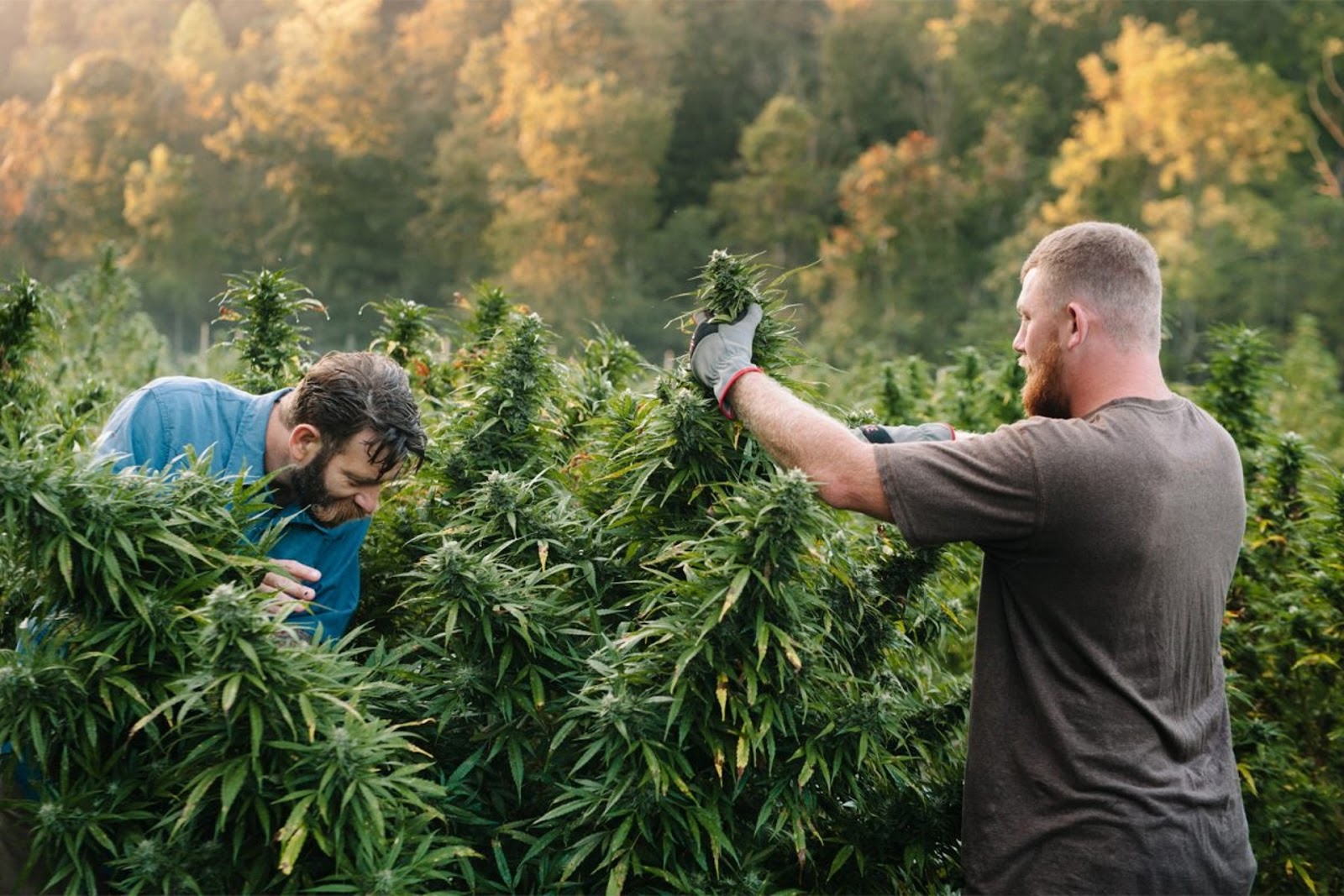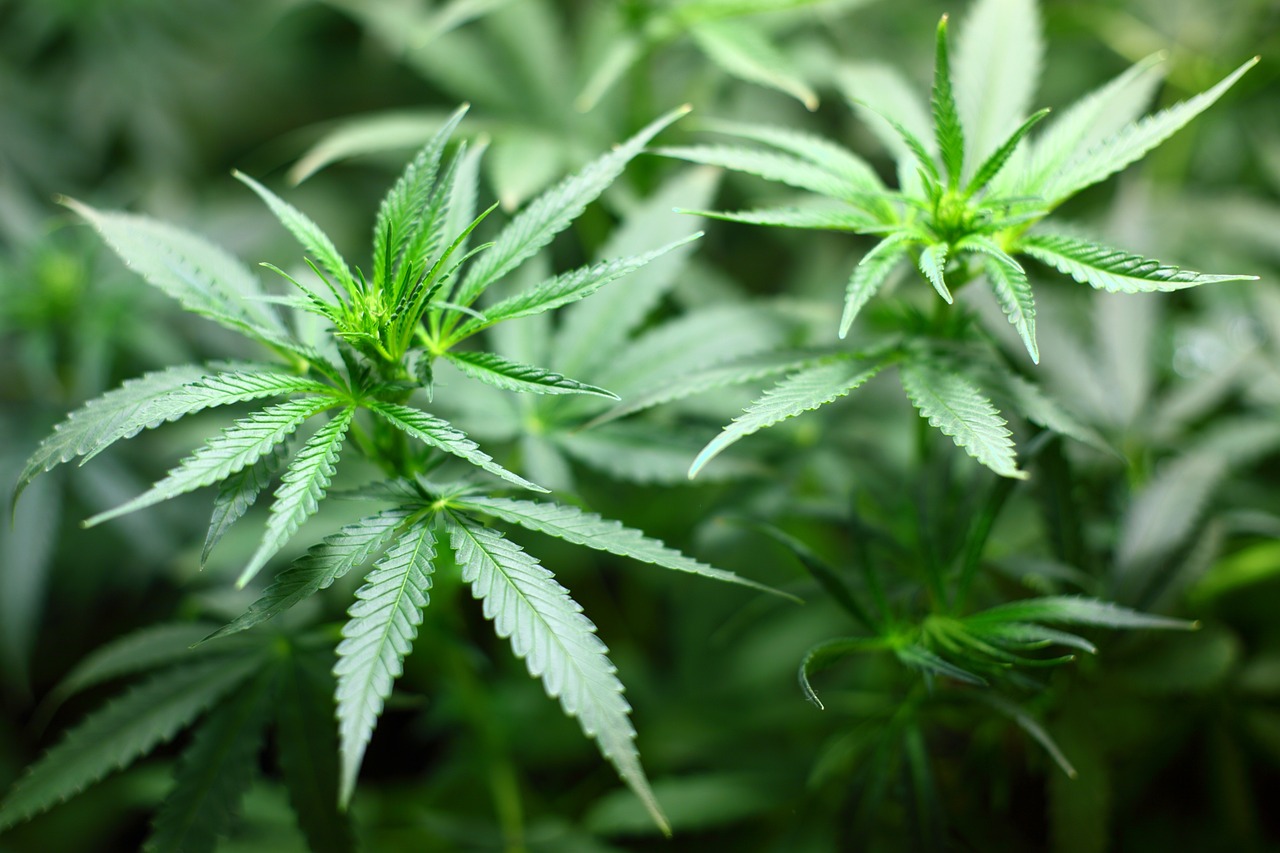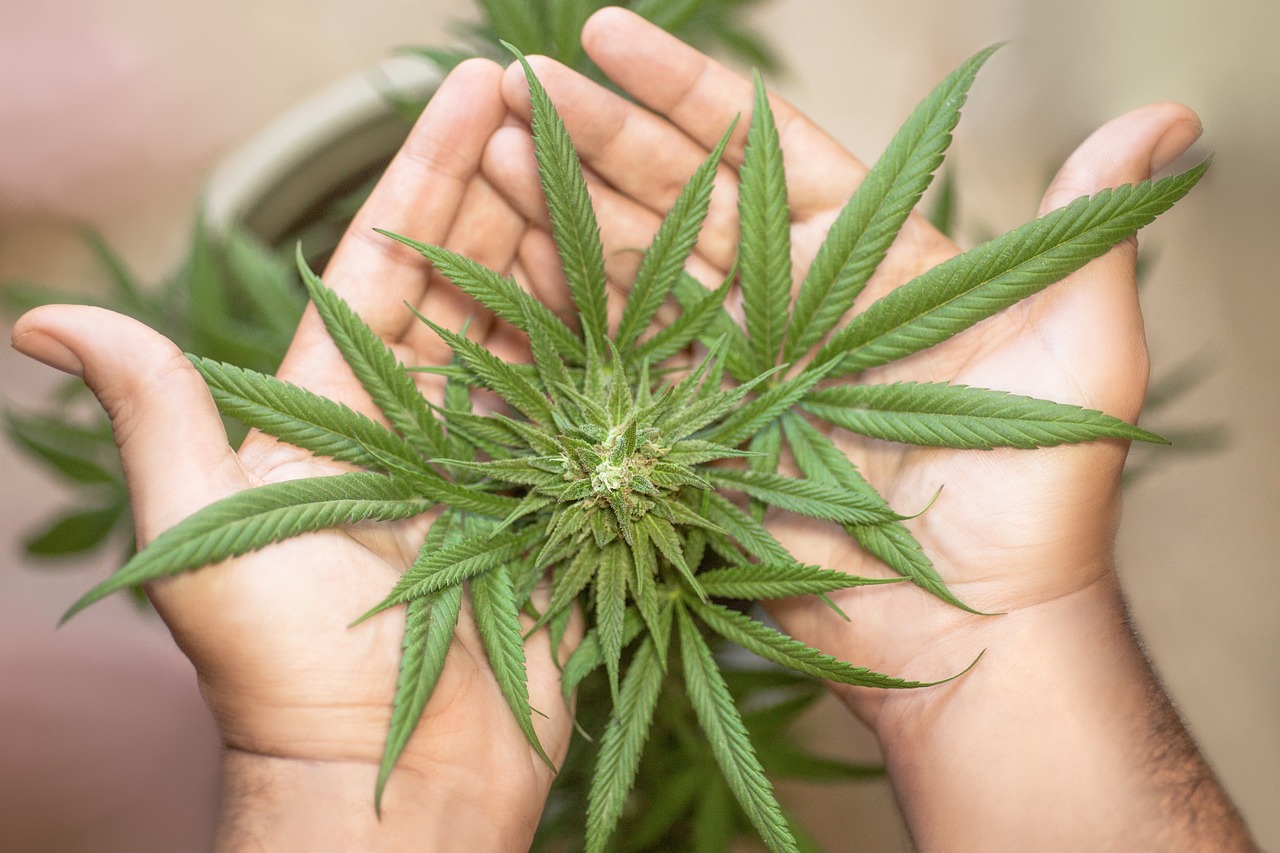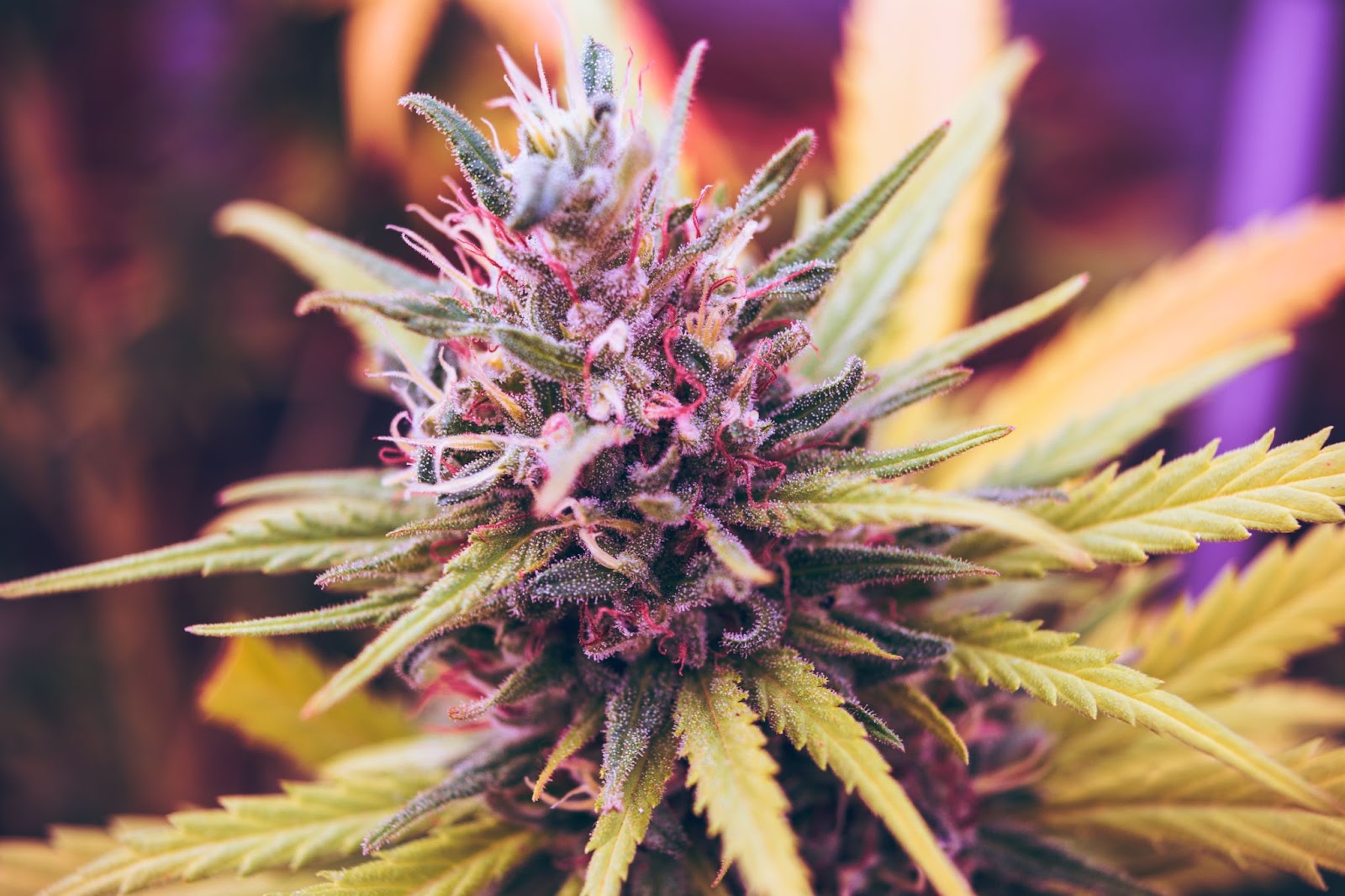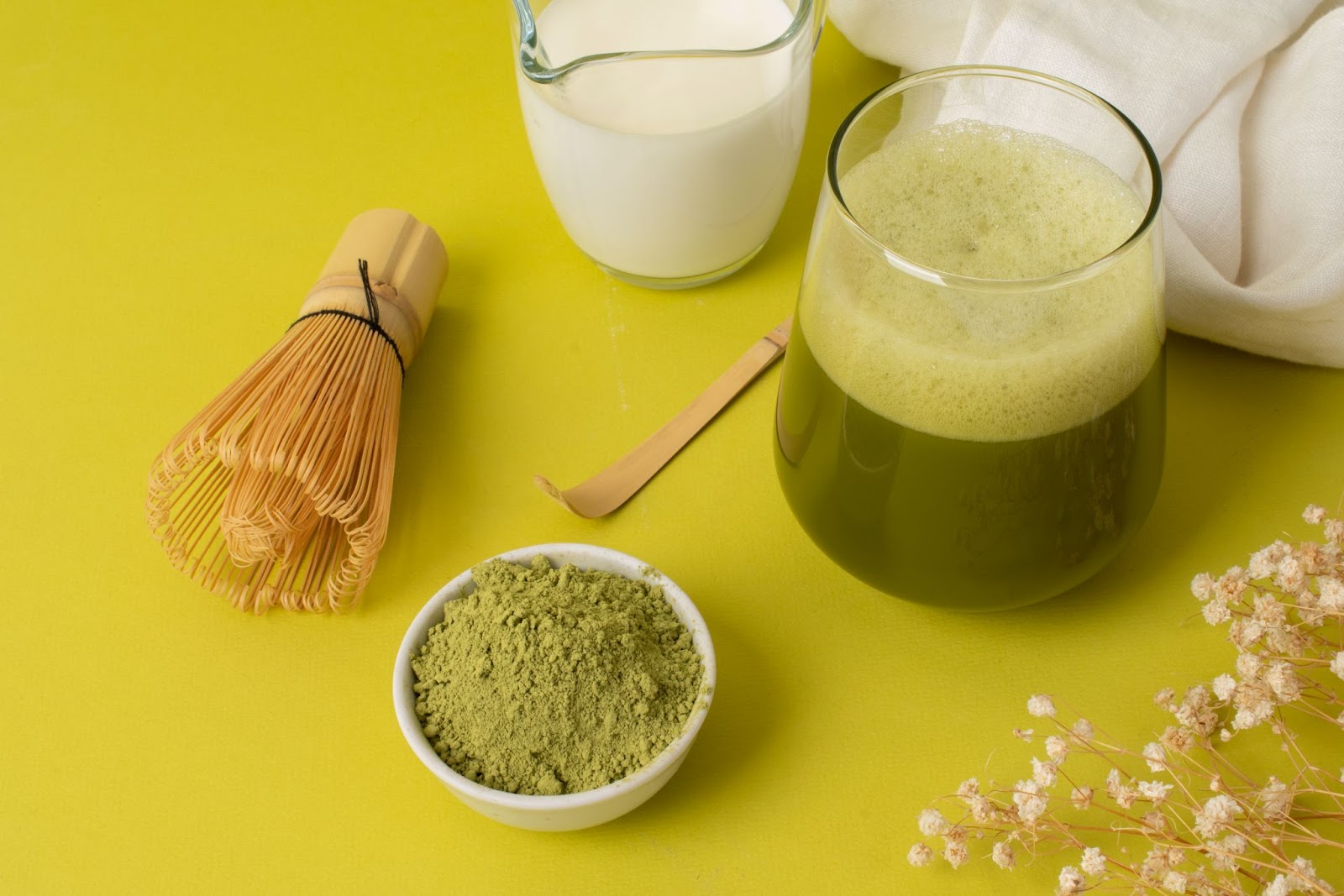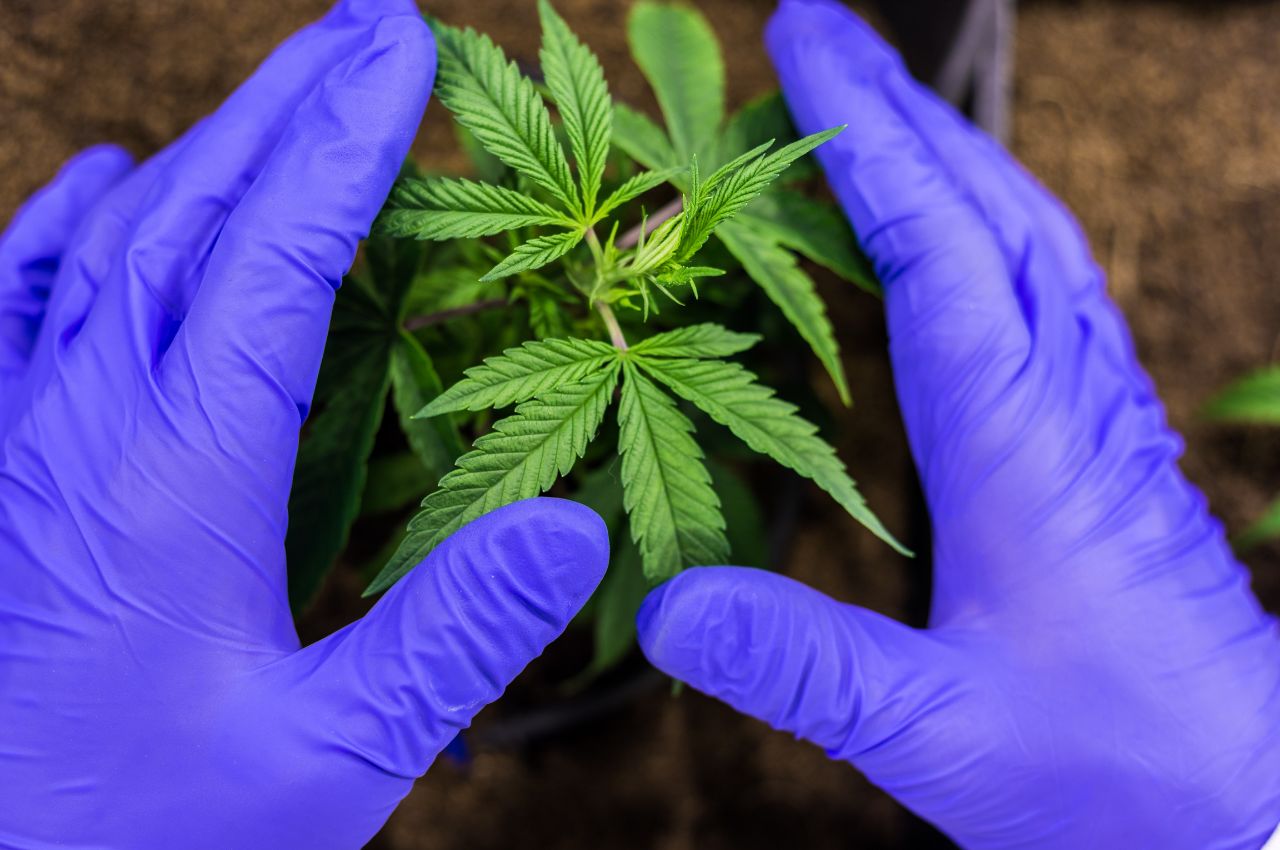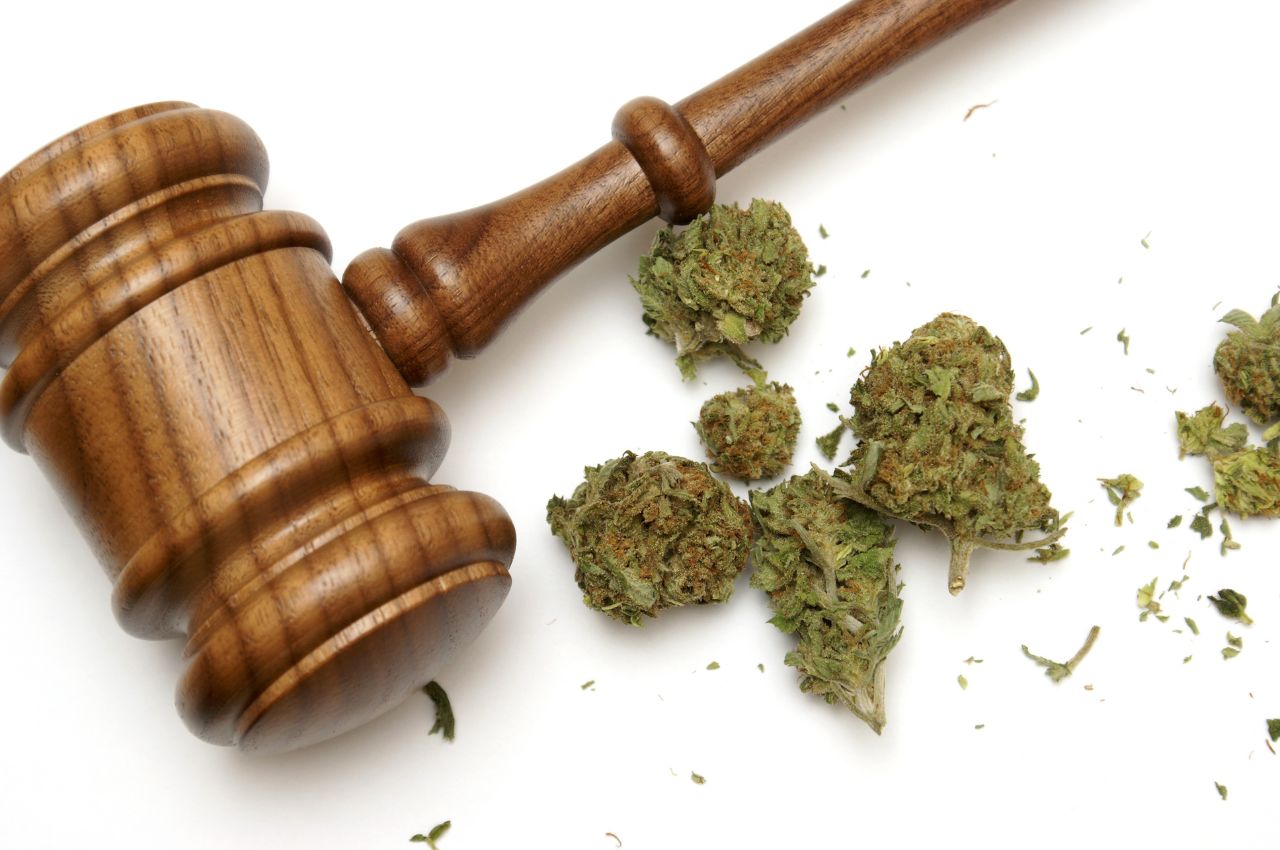As the Georgia Board of Pharmacy is currently processing applications from over 120 pharmacies around the state that want to sell low-dose THC products, misconceptions continue to persist around the issue of medical marijuana.
According to Gary Long, CEO of Botanical Sciences, one of the two licensed medical cannabis production companies in Georgia, many of Georgia’s small-town mayors mistakenly believe that “we are going be selling joints out of a pharmacy.”
These fears are the result of Georgia’s new medical cannabis law that will go into effect at the end of this year, making Georgia the first state in the US to allow for the sale of medical marijuana at pharmacies.
While other states currently allow cannabis to be sold in dispensaries, provided that a pharmacist is on staff, none of them allow medical marijuana to be sold at pharmacies.
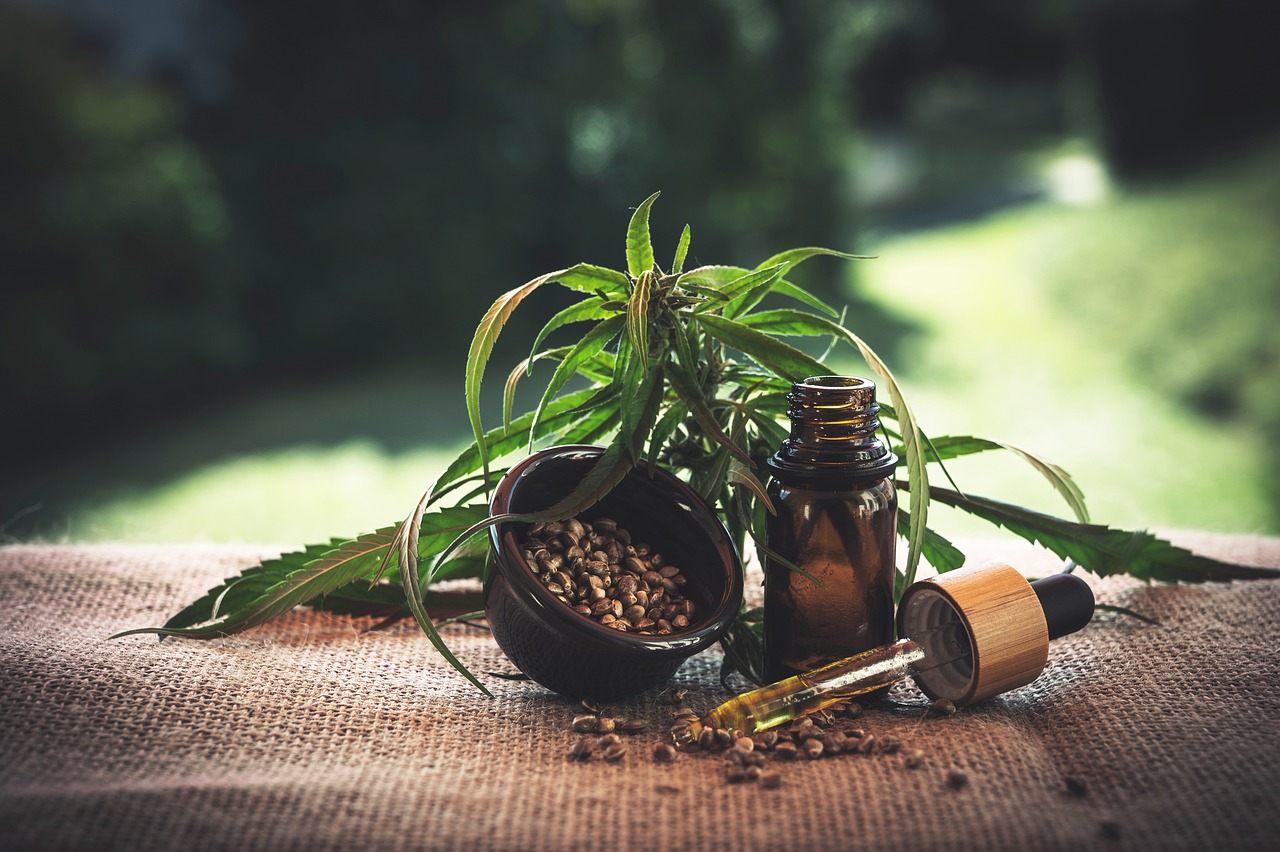
National chains like CVS and Walgreens will not be selling these products. However, Long already has agreements in place with 130 local pharmacies and another 400 independent pharmacies interested in obtaining a THC sale license.
In 2019, the Georgia General Assembly approved the distribution of low-dose THC products, but it has taken years for the state to create the regulatory infrastructure to sell them. Having achieved this goal, Long released a press statement announcing the availability of these products last week.
The announcement that a traditionally conservative state in the Deep South would sell these products in pharmacies garnered immediate national attention.
However, according to Pharmacist Jonathan Marquess, there has been a long-standing demand for these products.
“There are patients in my area that I talk to all the time who’ve been begging for this,” Marquess, adding that many of his patients often show up having already secured a doctor’s permission to register and get a card from the state needed to buy THC oil products.
The problem has been that the US Drug Enforcement Administration still lists marijuana as a Schedule 1 substance, one considered to have no medical use and a high potential for abuse.
Yet, states get around federal restrictions because of a provision in the Justice Department’s appropriations that prohibits them from using funds to prosecute anyone acting in accordance with state laws.
While Georgia’s announcement seems like a step forward for medical marijuana advocates, the Georgia law has narrow restrictions. Unlike states such as Massachusetts, where doctors have no limits on when they can prescribe medical marijuana, Georgia restricts access to 16 diseases, still leaving open the possibility that those who are prohibited from accessing these products will seek them in recreational markets.
But even in spite of these restrictions, Andrew Turnage, the executive director of the GA Access to Medical Cannabis Commission, explains that many states that allow the adult use of recreational cannabis are struggling to preserve their medical programs” and, therefore, “reaching out to learn about the dispensing pharmacies as a potential avenue to preserve patient access…so that their patient program doesn’t collapse under the weight of recreational use.”
Nonetheless, the Georgia law, however restricted, does take some steps toward preventing this outcome. According to Andrew Turnage, the executive director of GA Access to Medical Cannabis Commission, a number of states are interested in reproducing Georgia’s program, particularly states that have legalized recreational use, an act that often makes medical marijuana hard to find, as recreational use markets overpower medical products.
“States that have adult use of recreational cannabis are struggling to preserve their medical programs, and those states are reaching out to learn about the dispensing pharmacies as a potential avenue to preserve patient access in their state so that their patient program doesn’t collapse under the weight of recreational use,” Turnage said.


